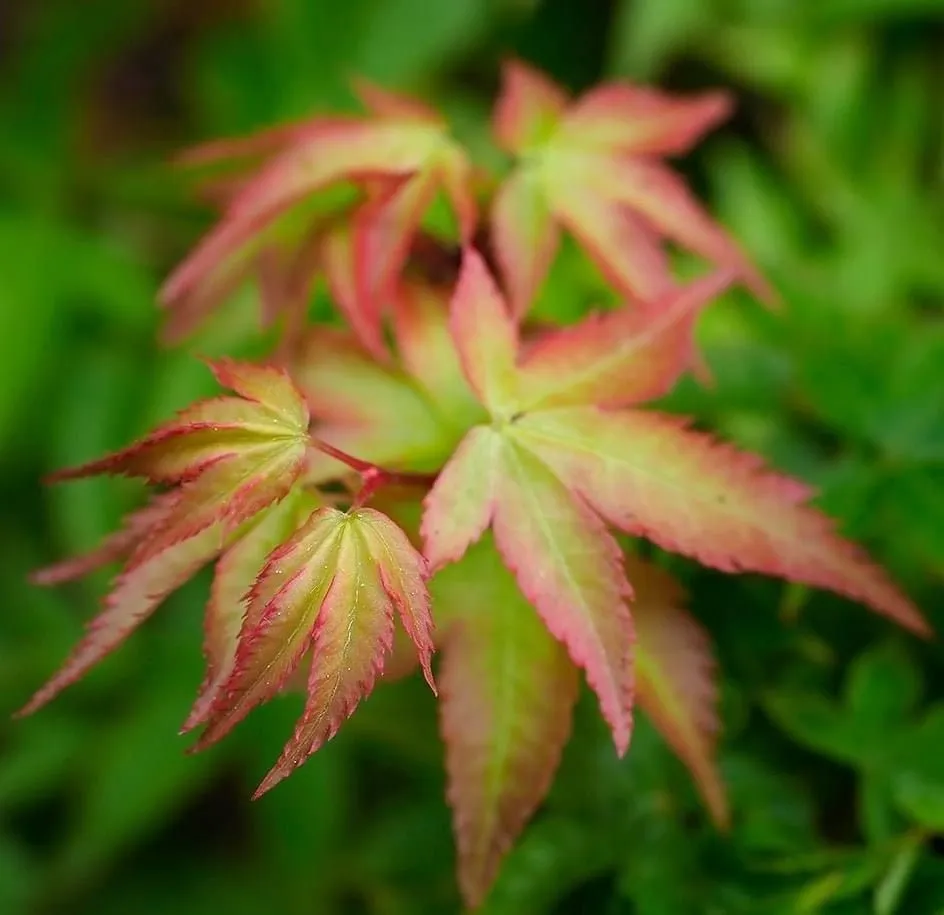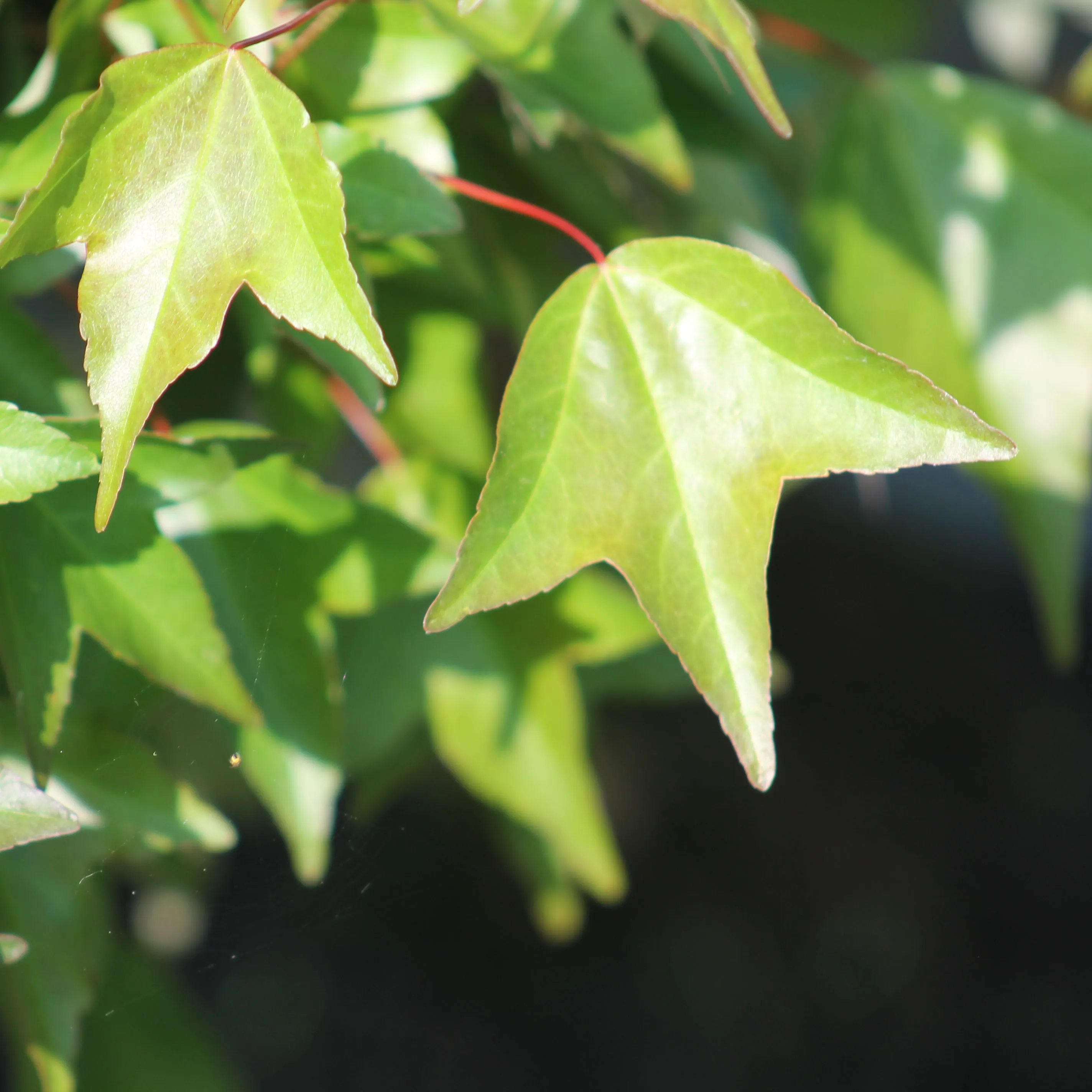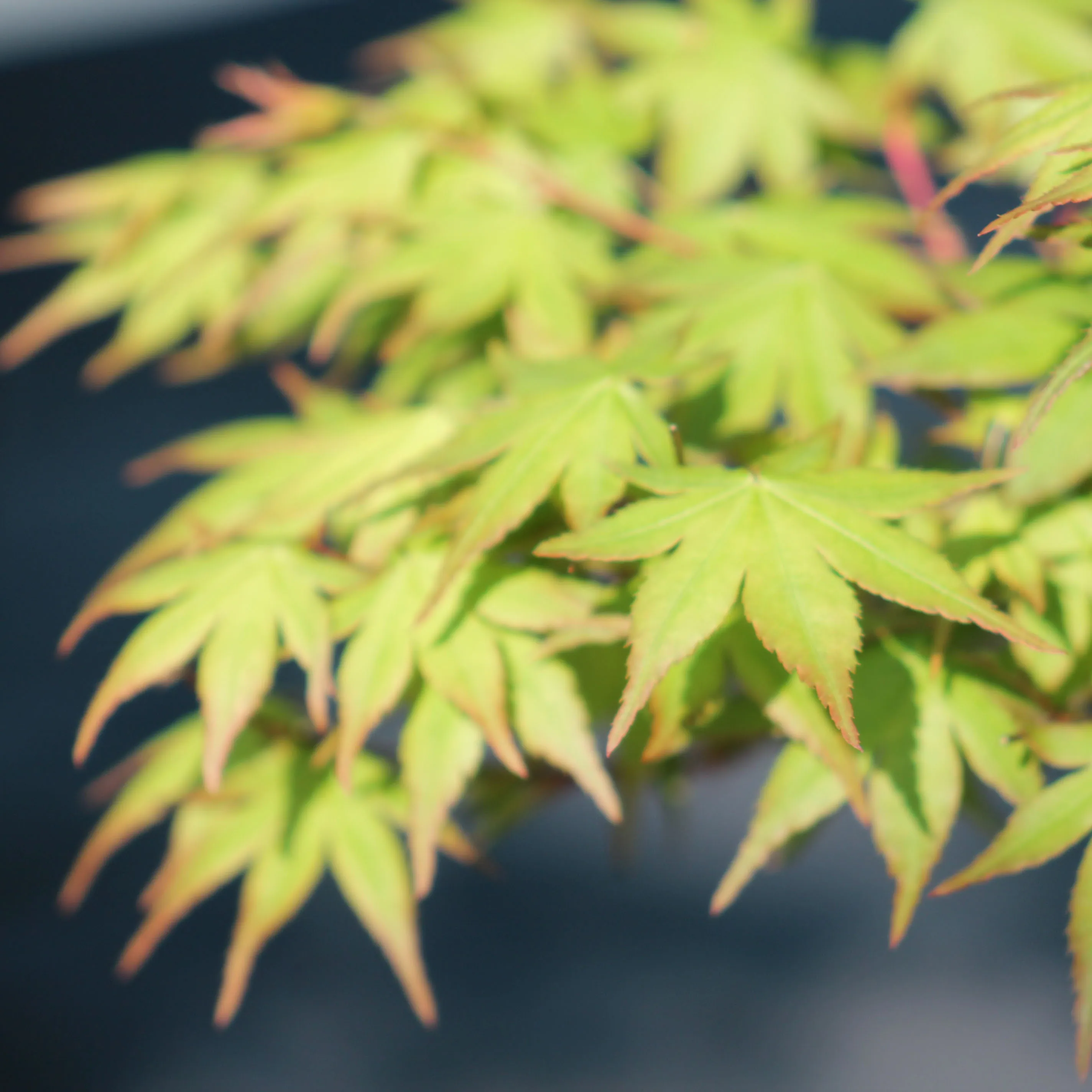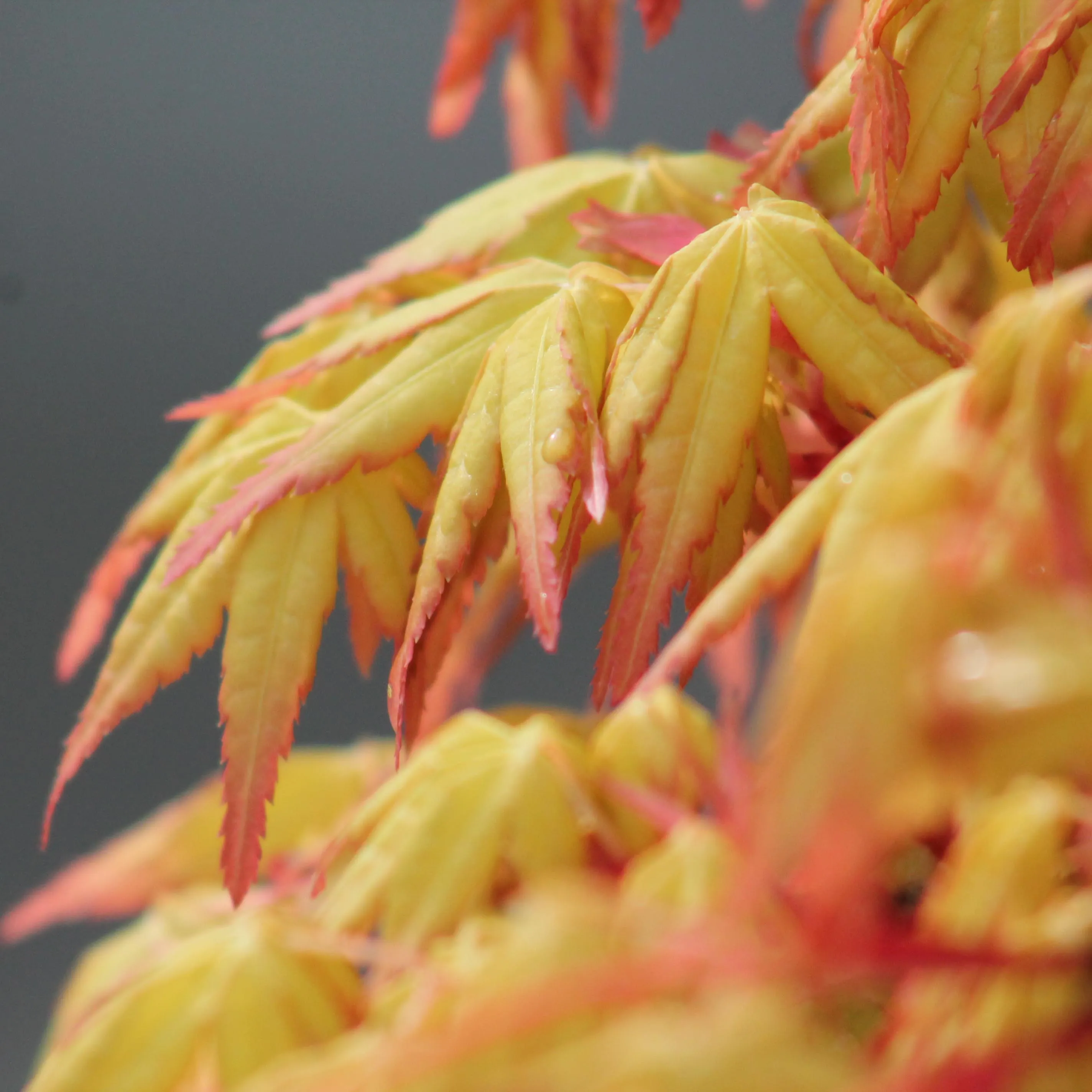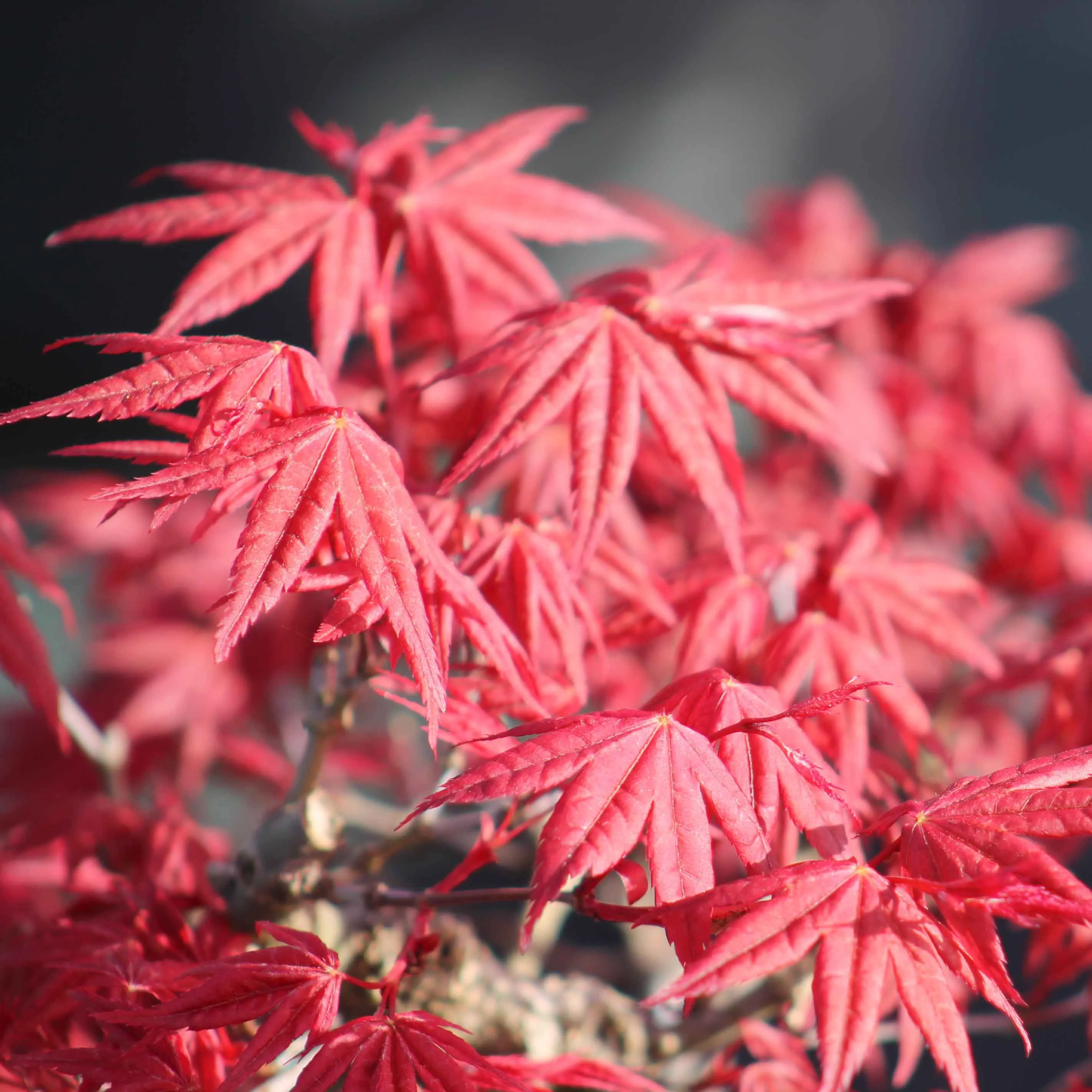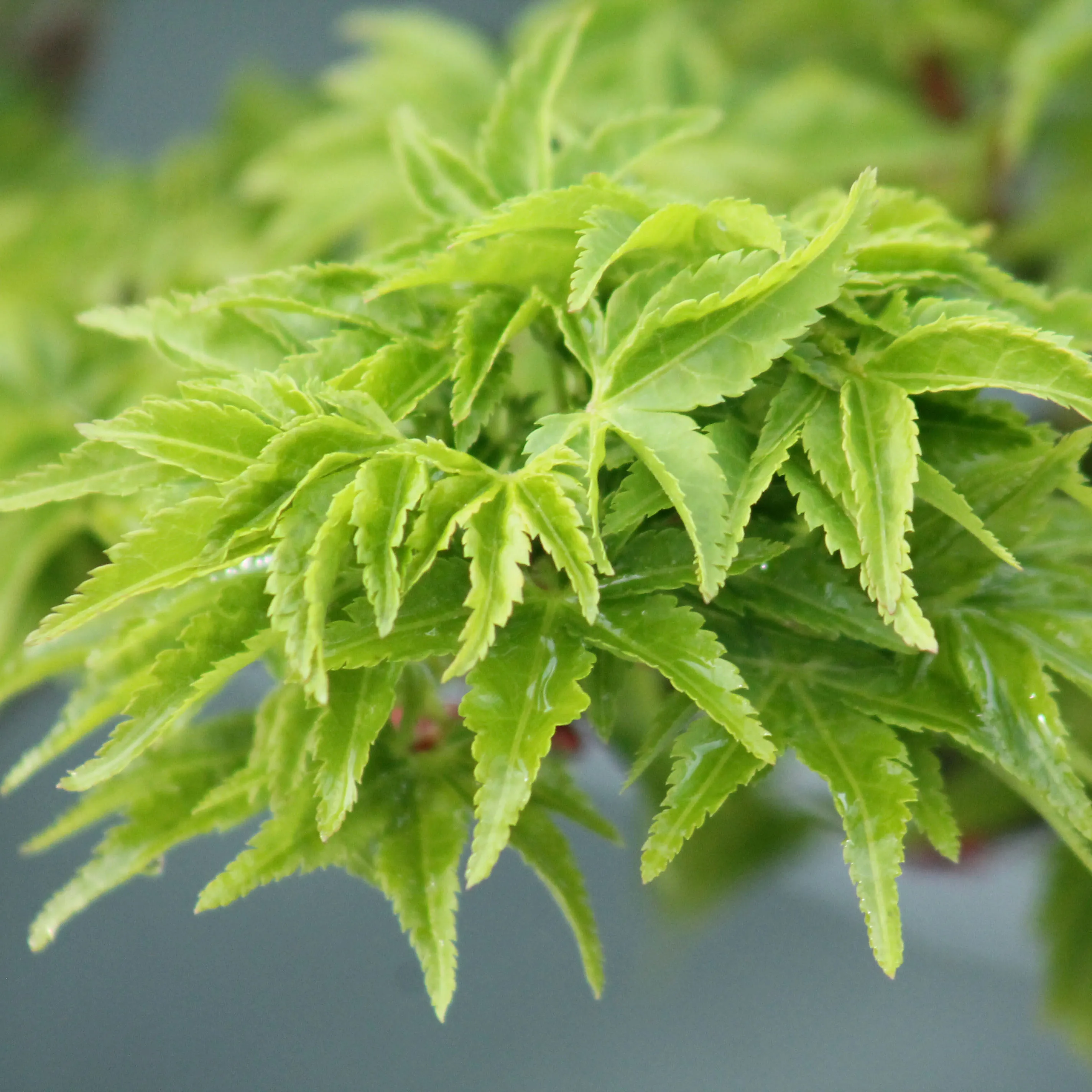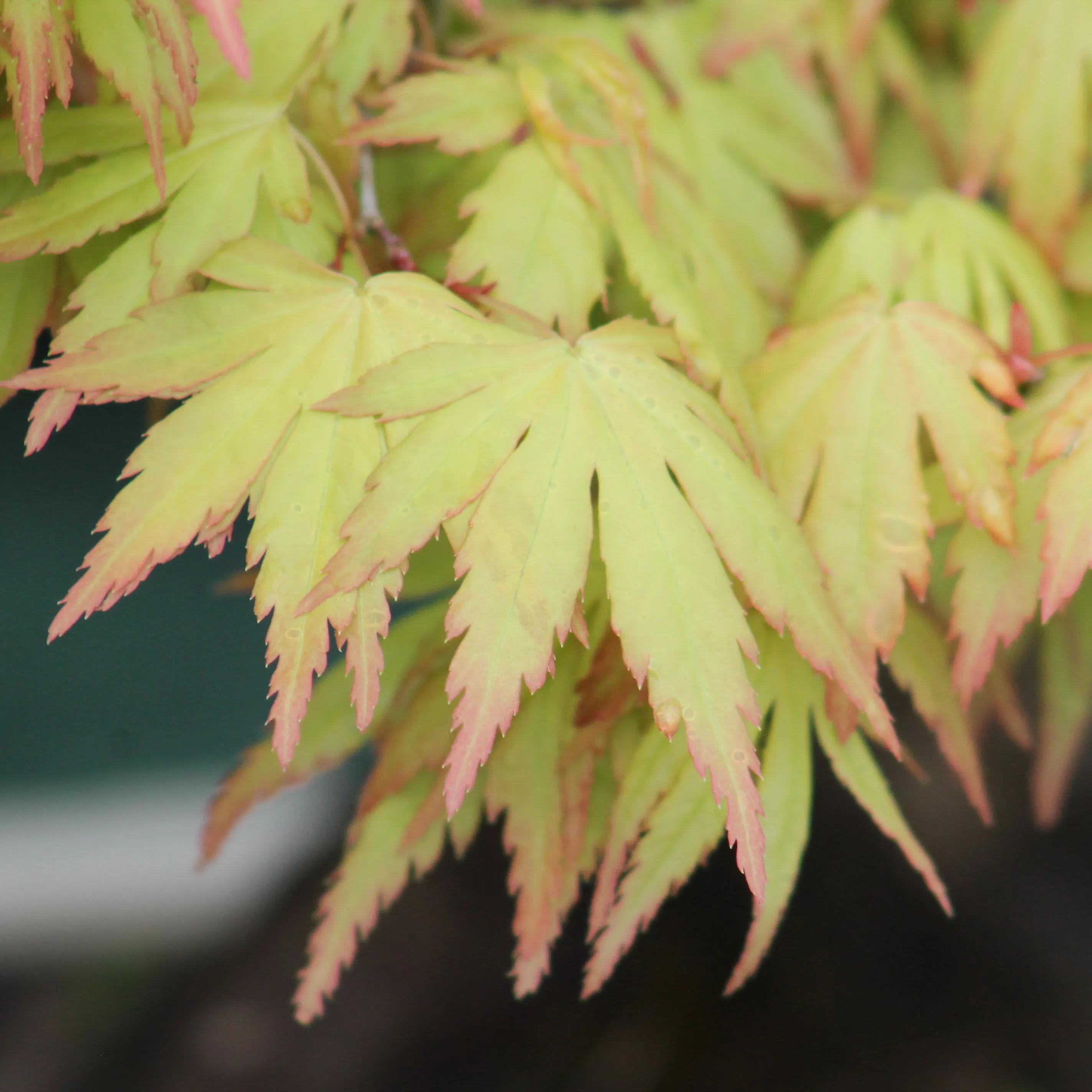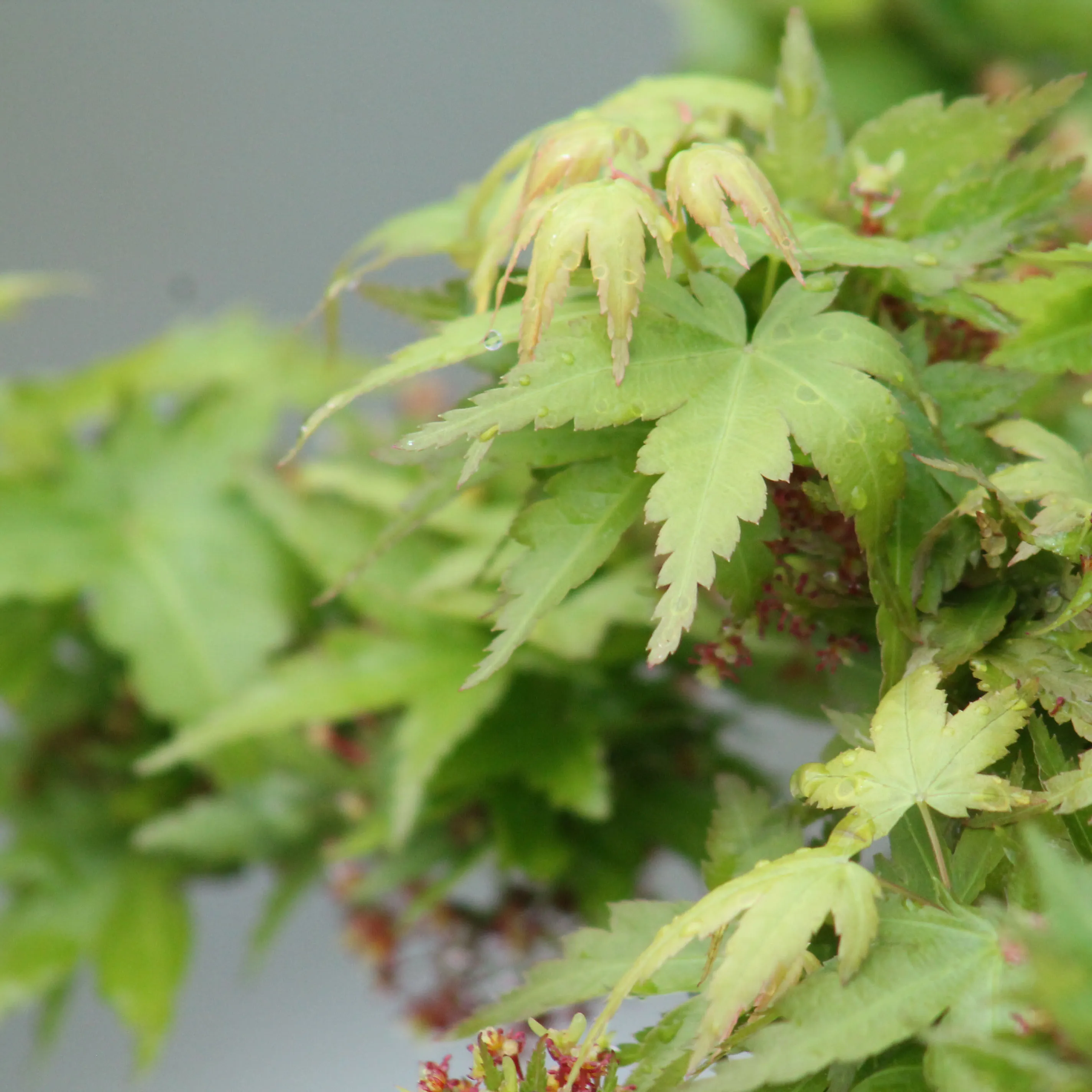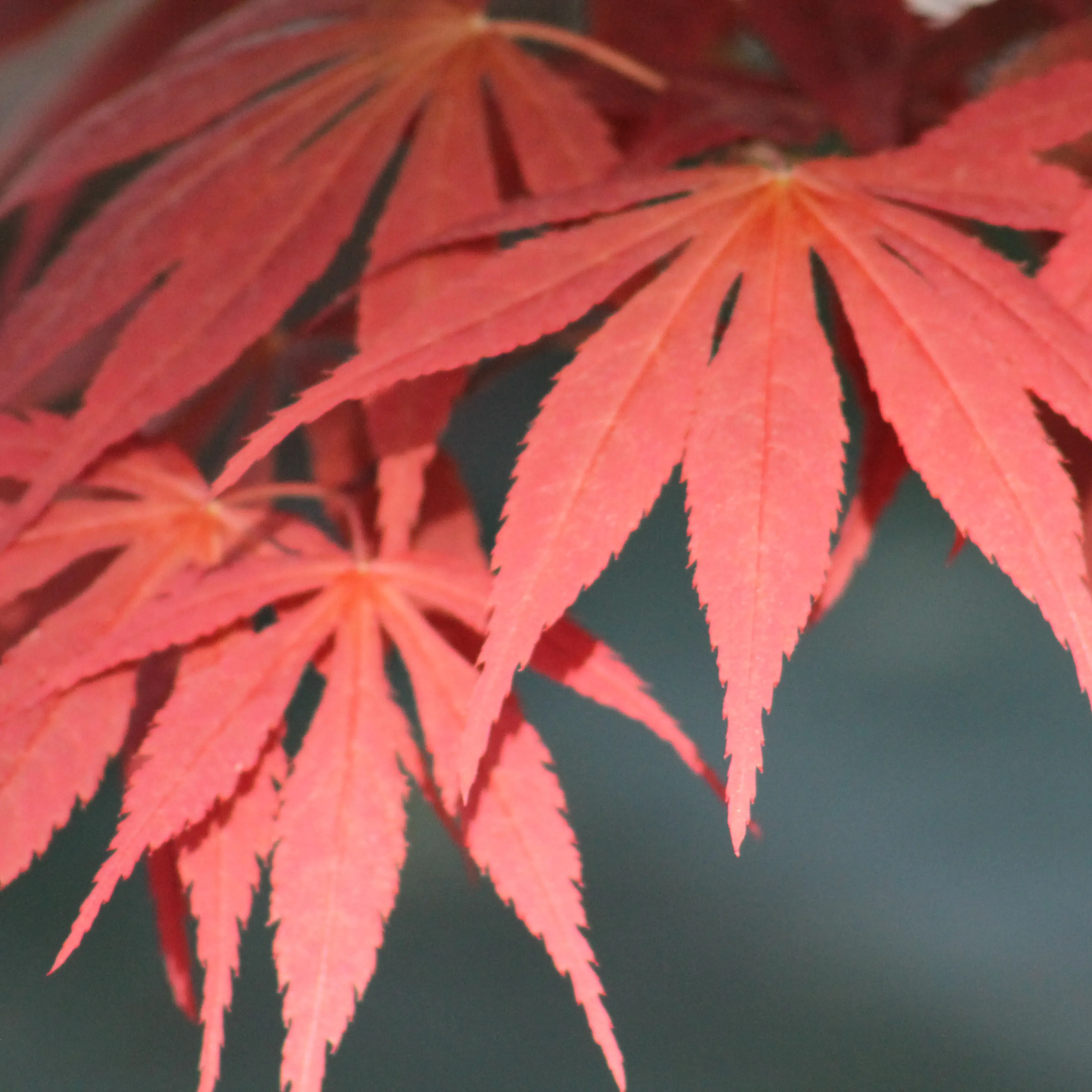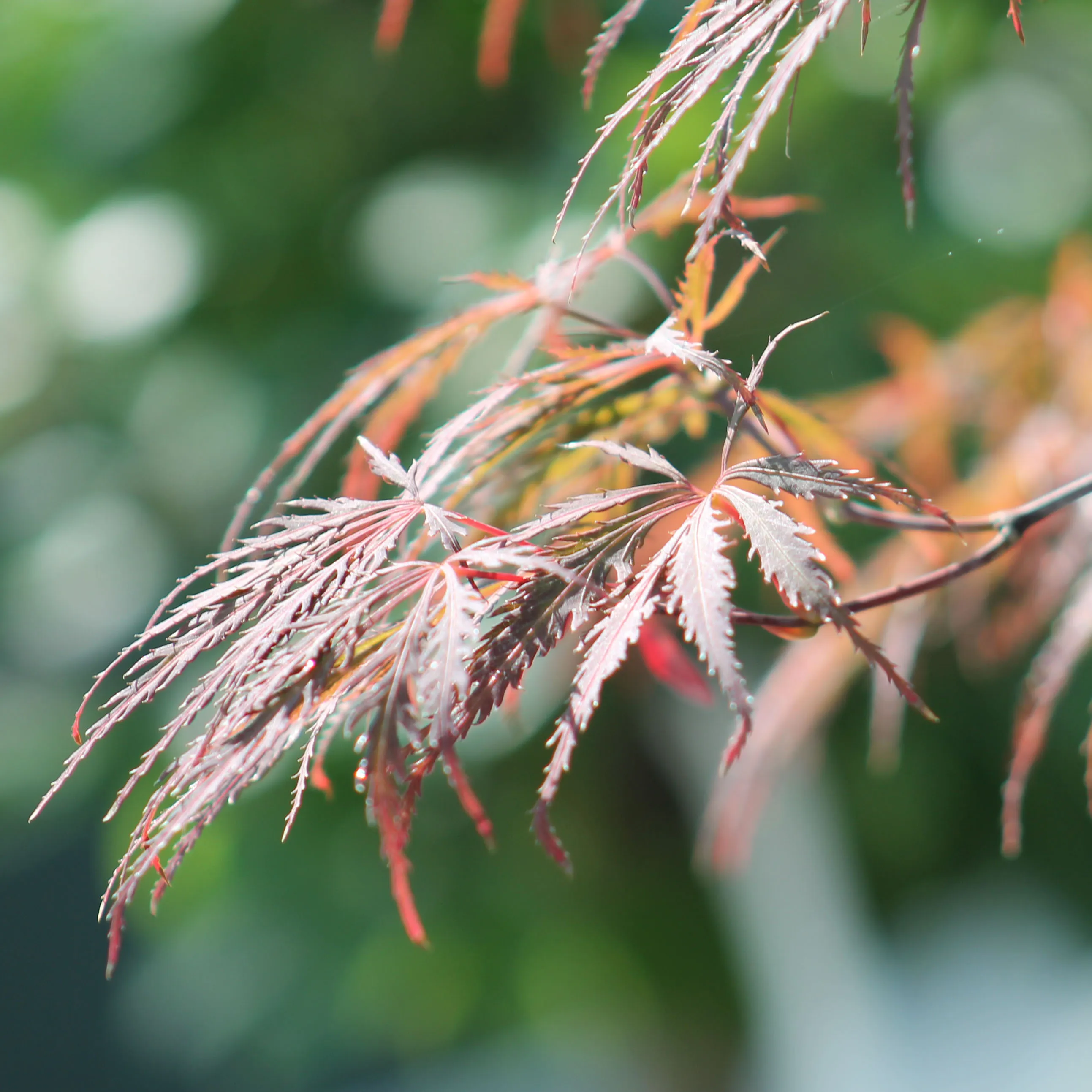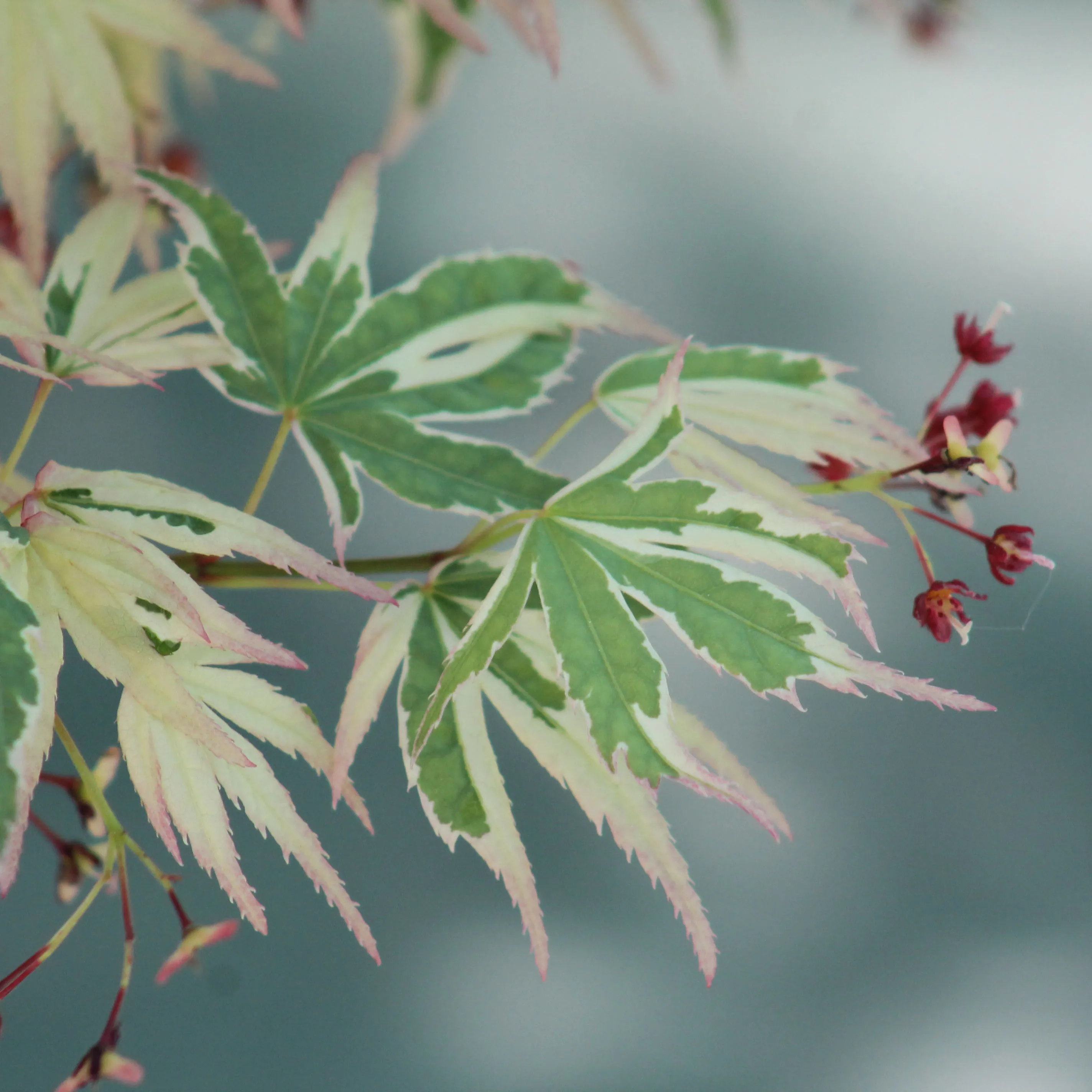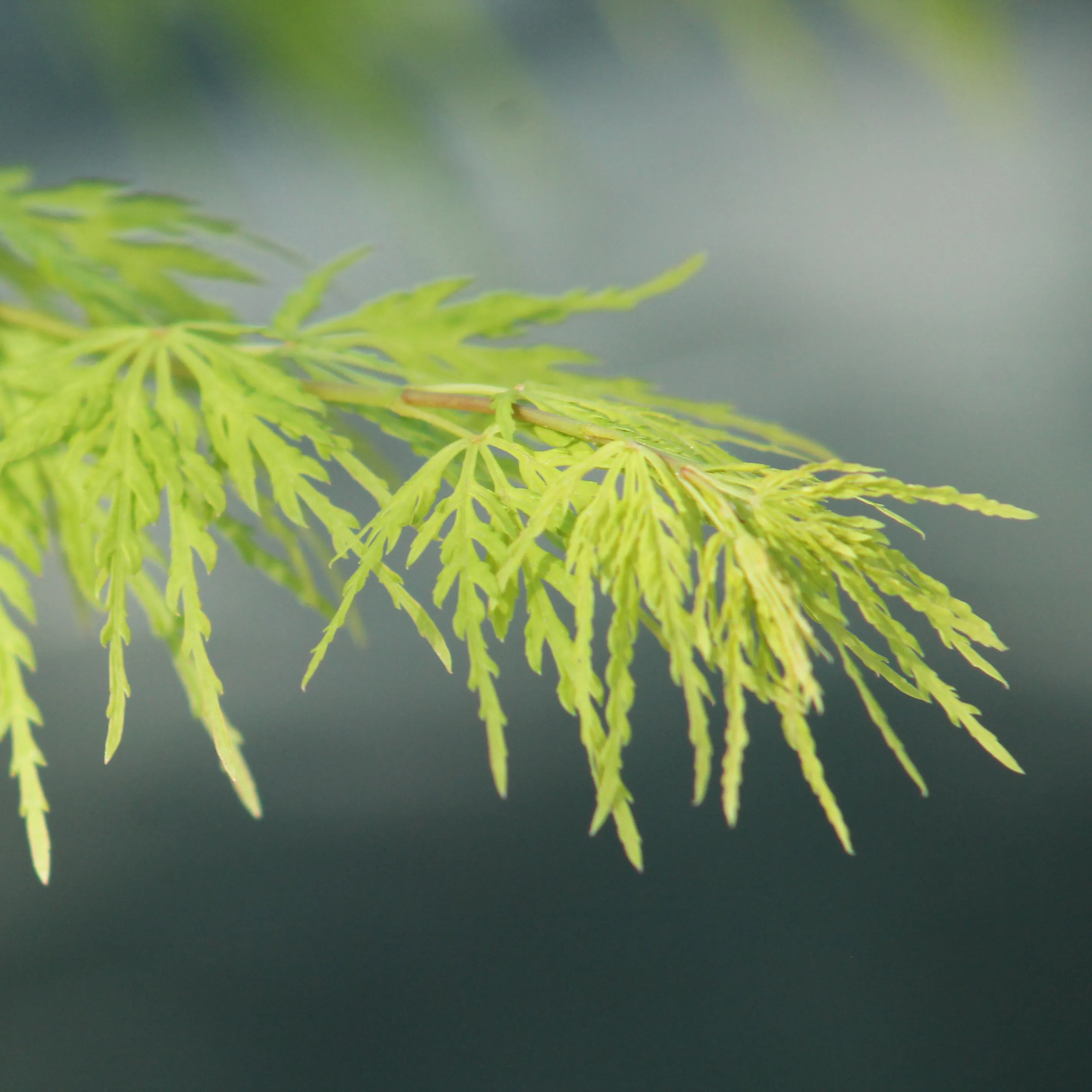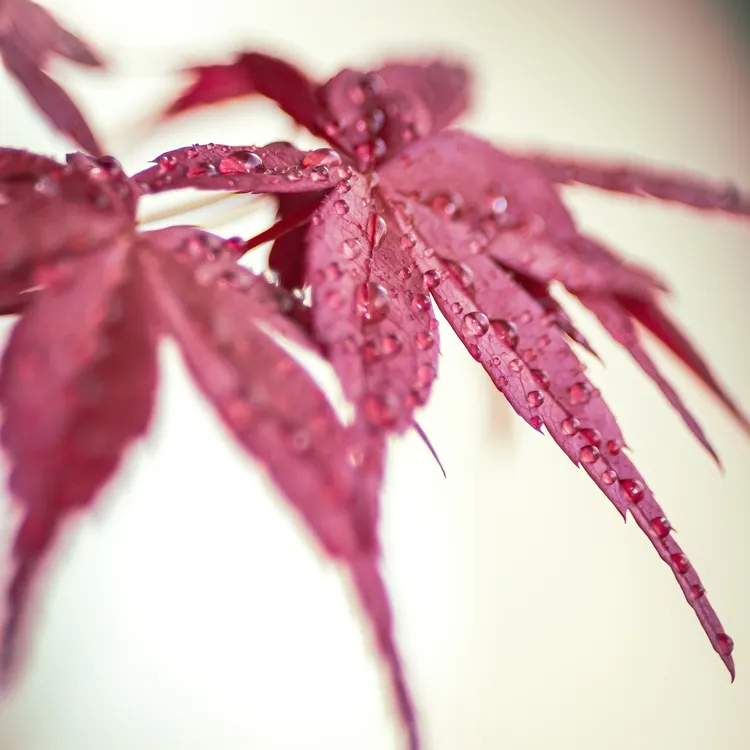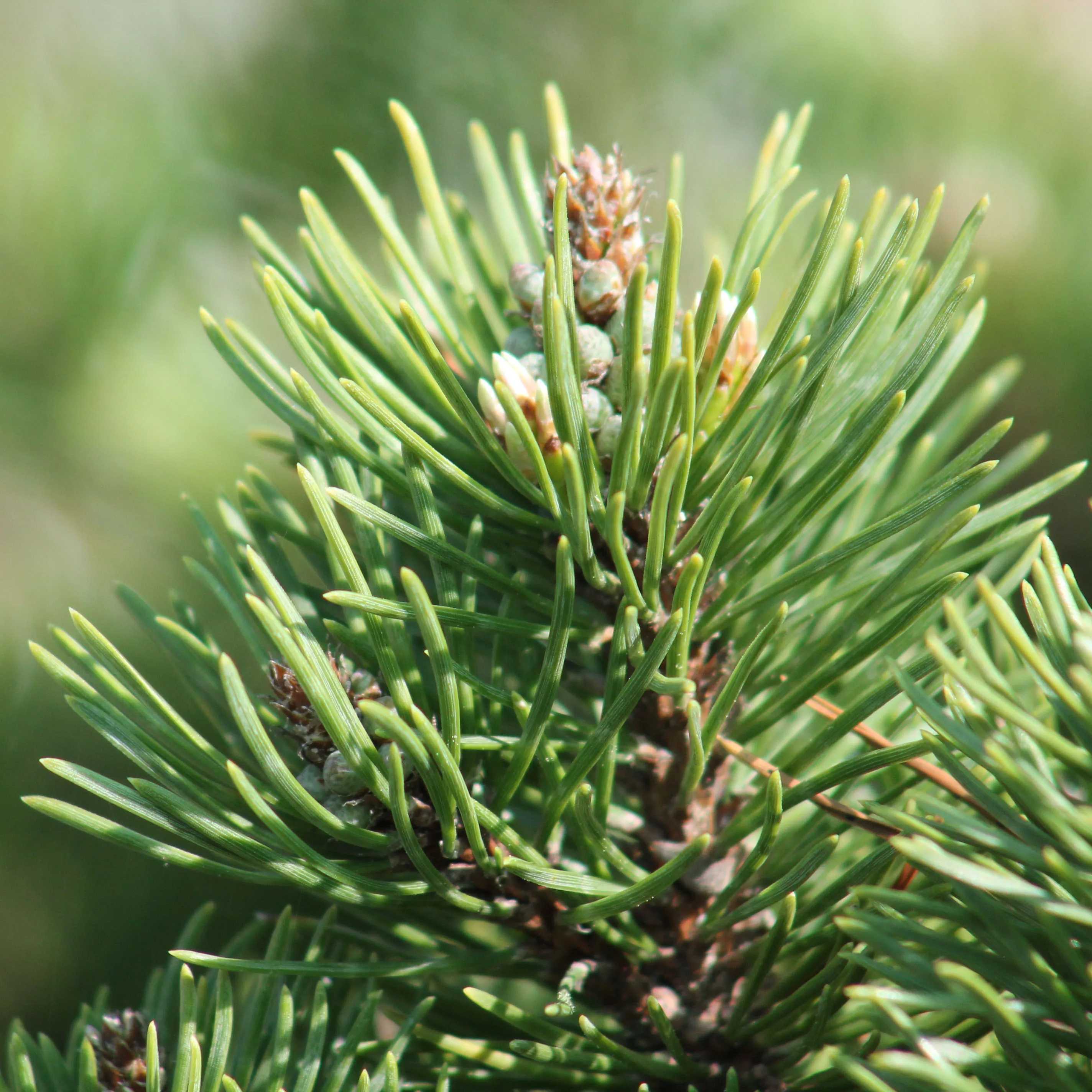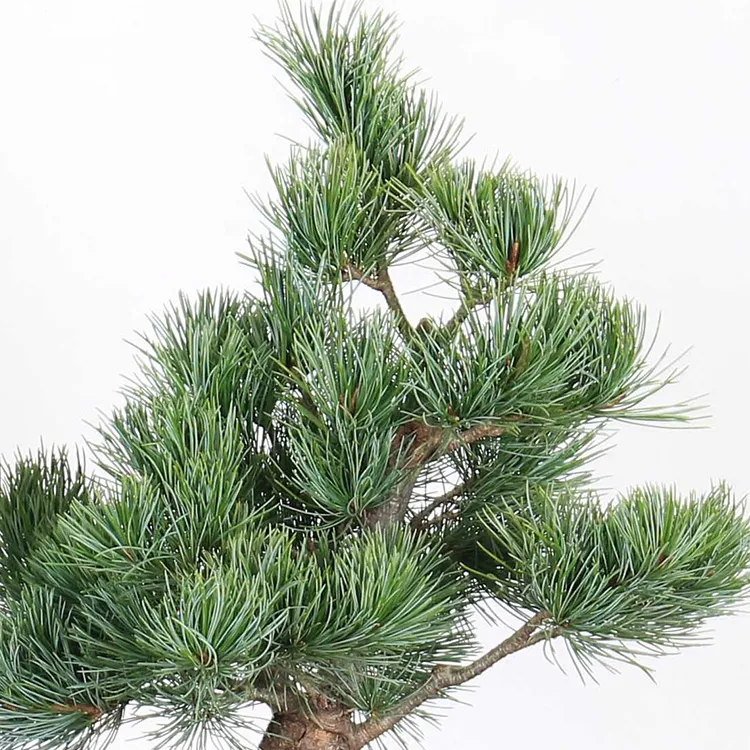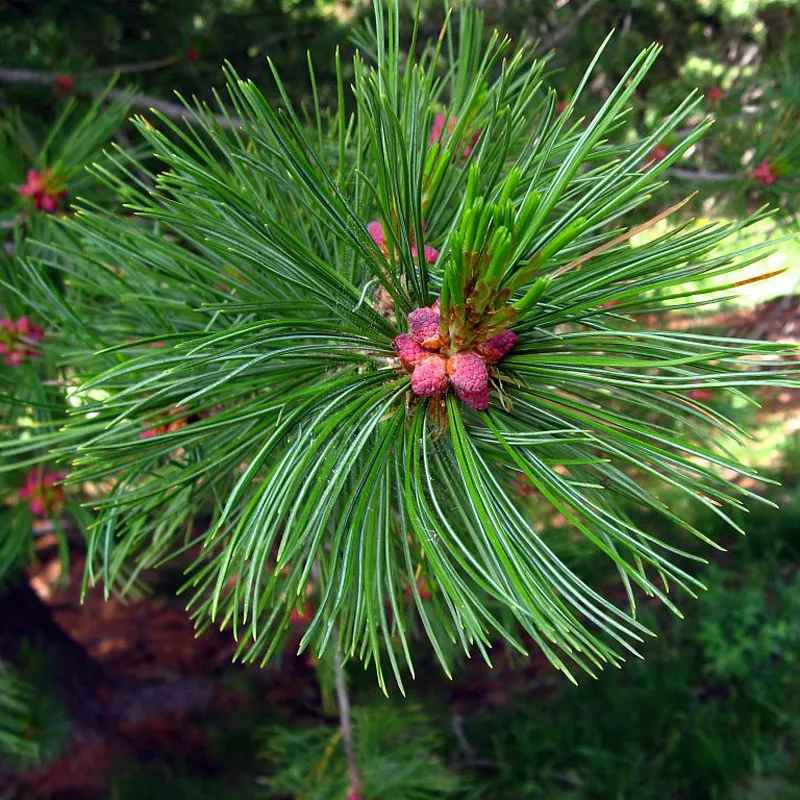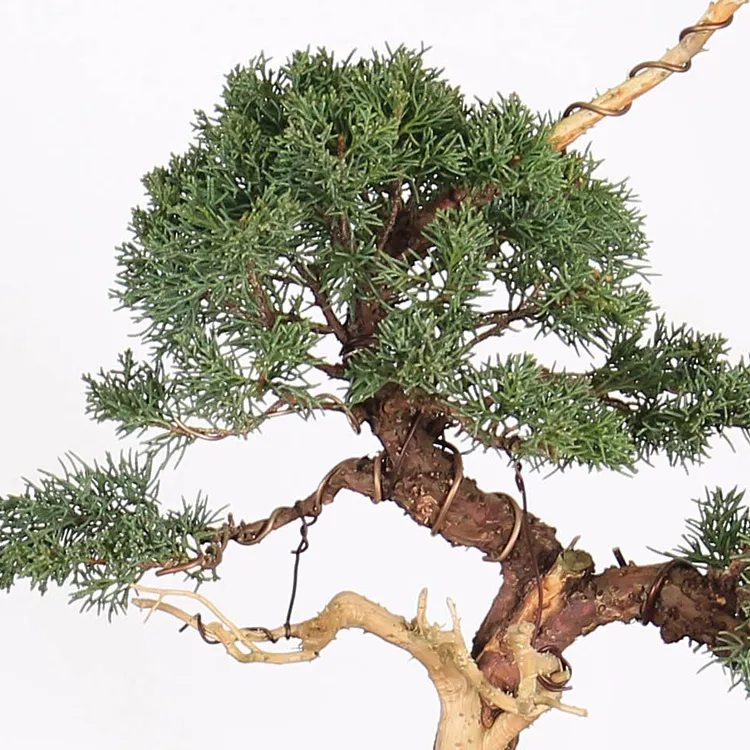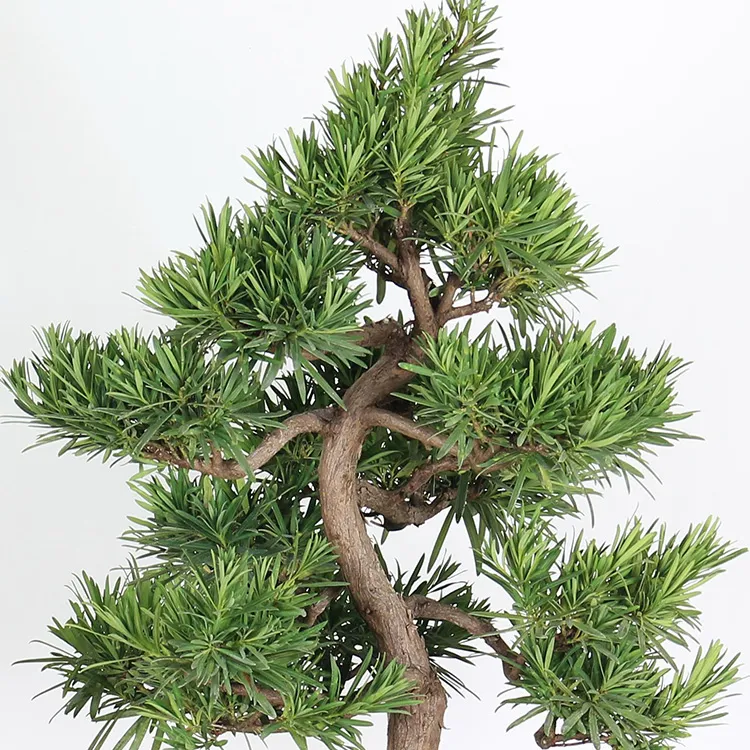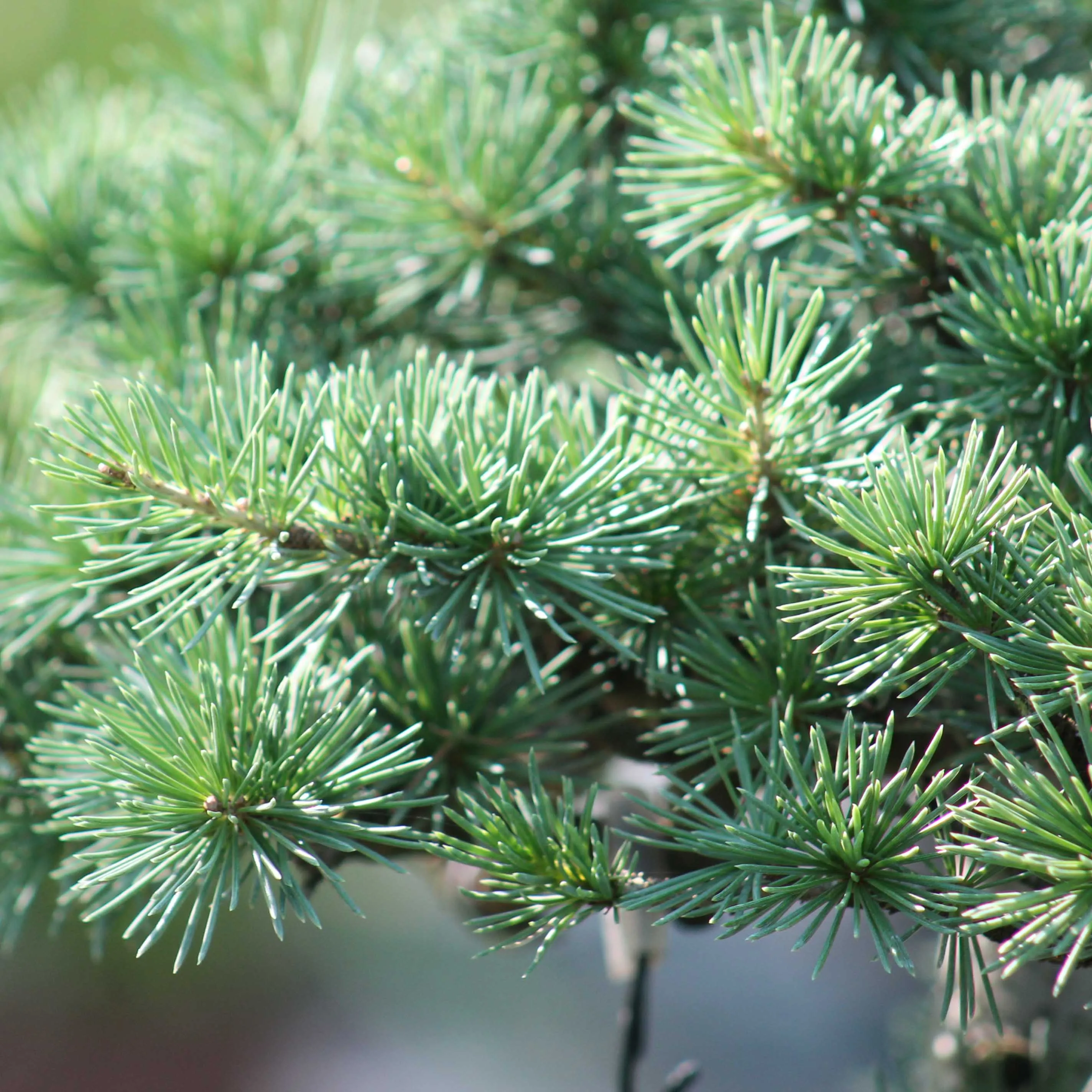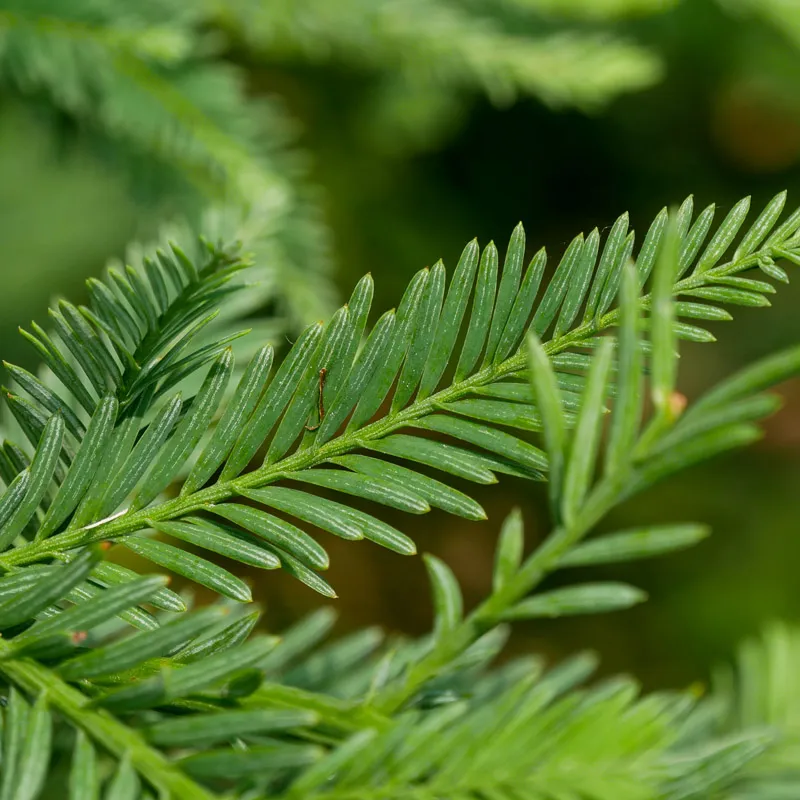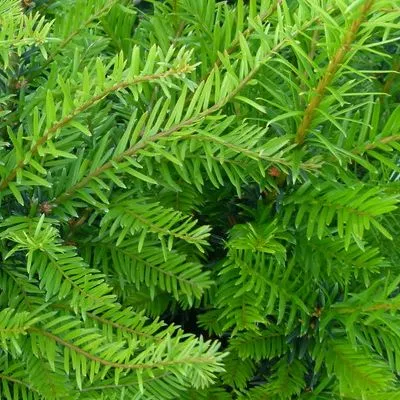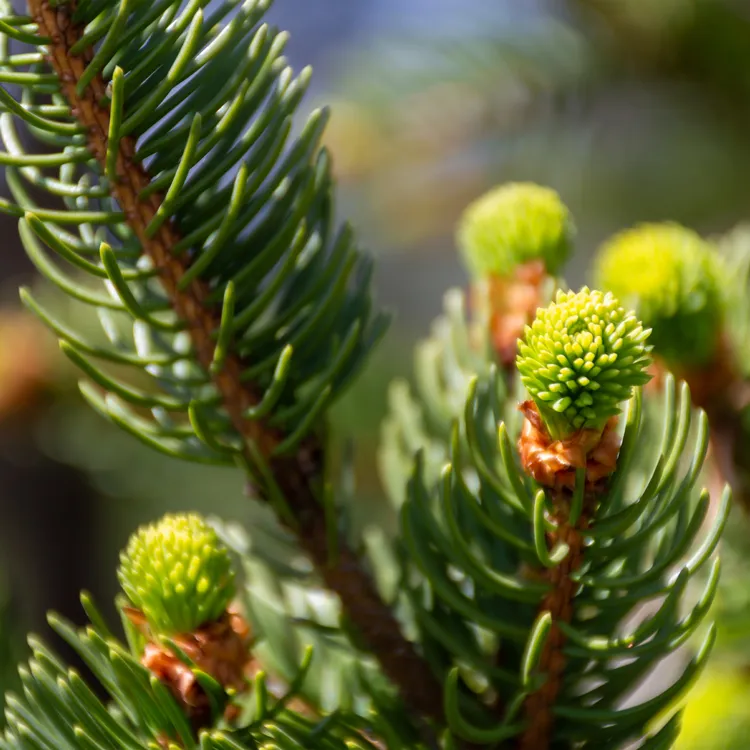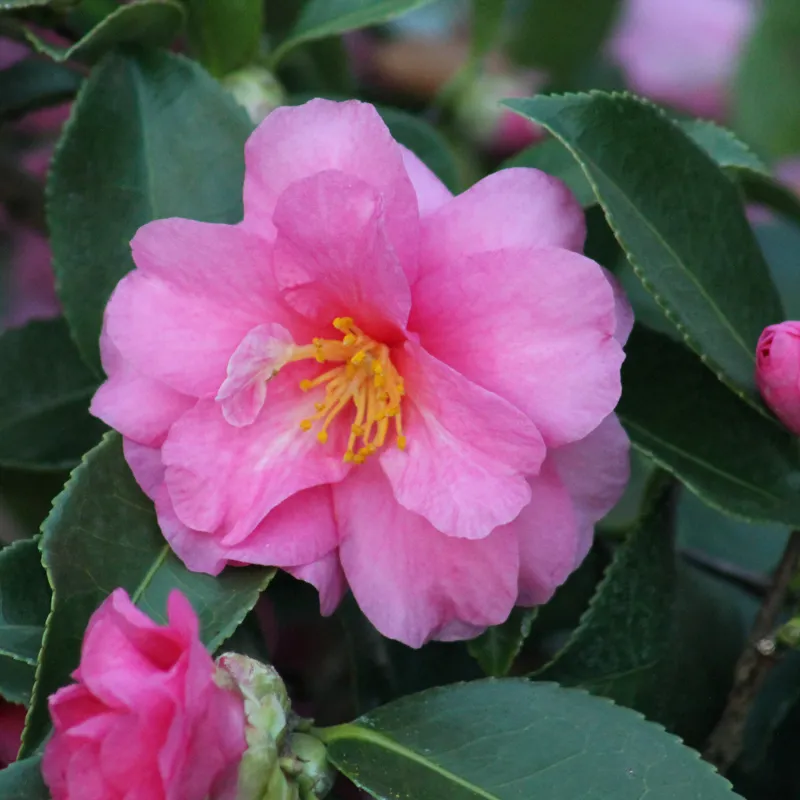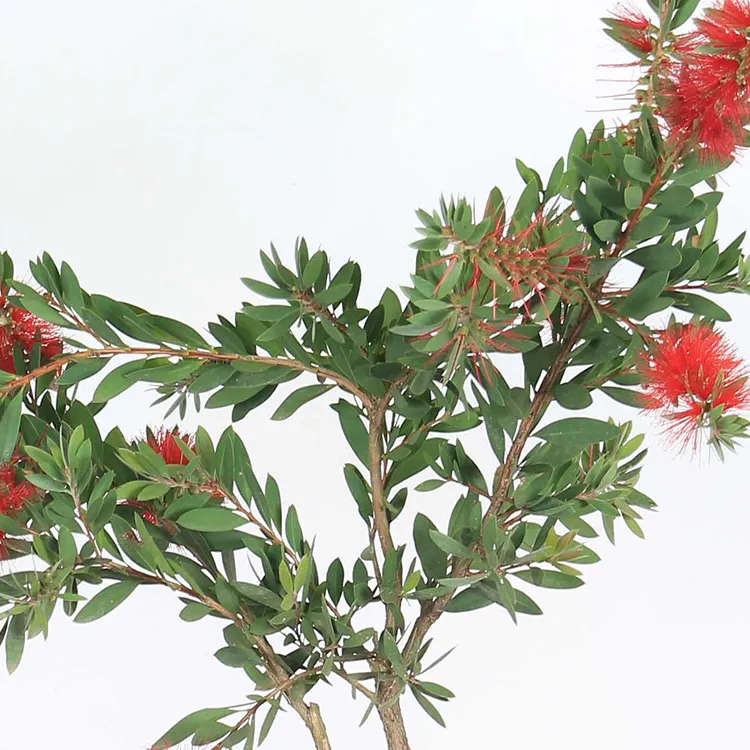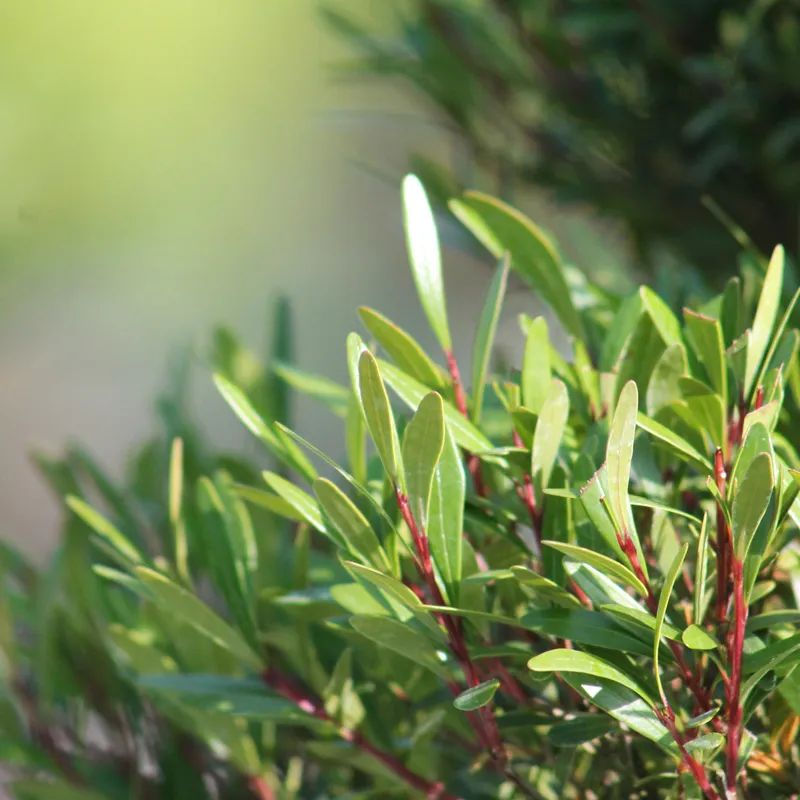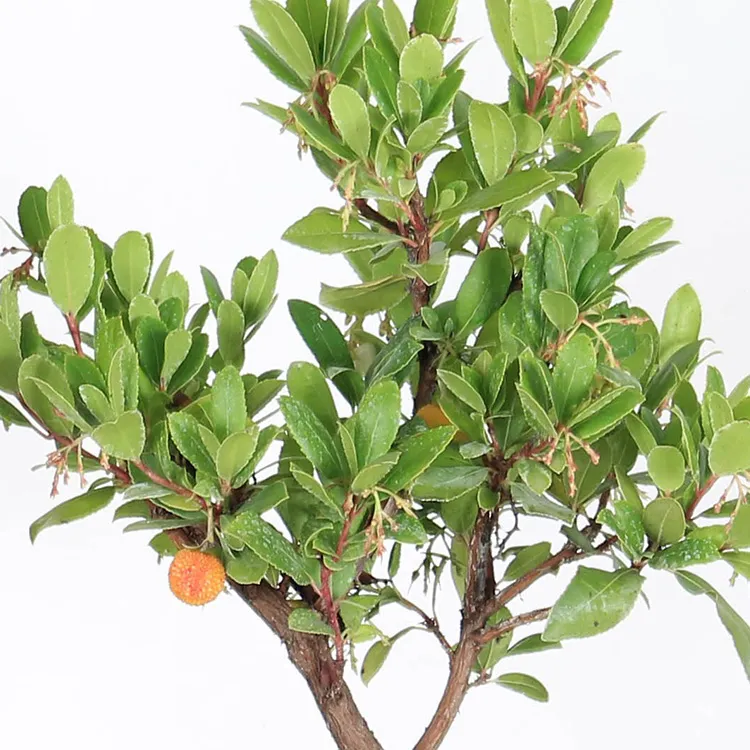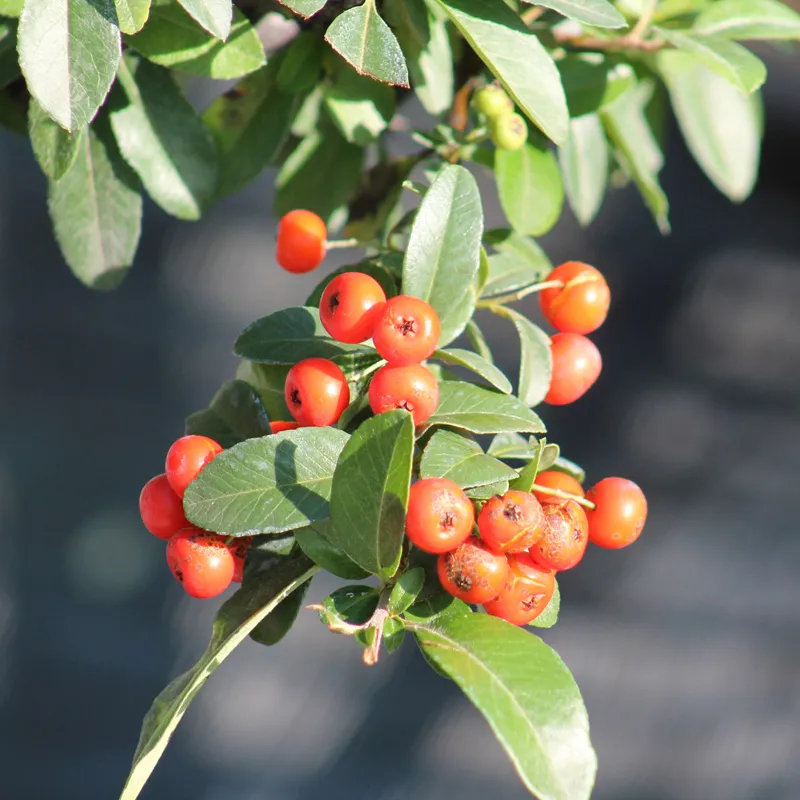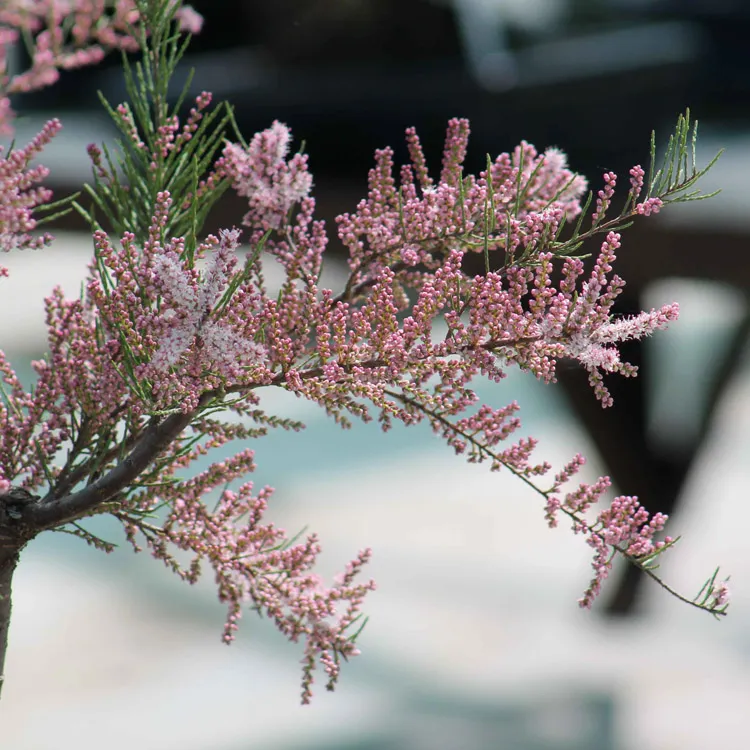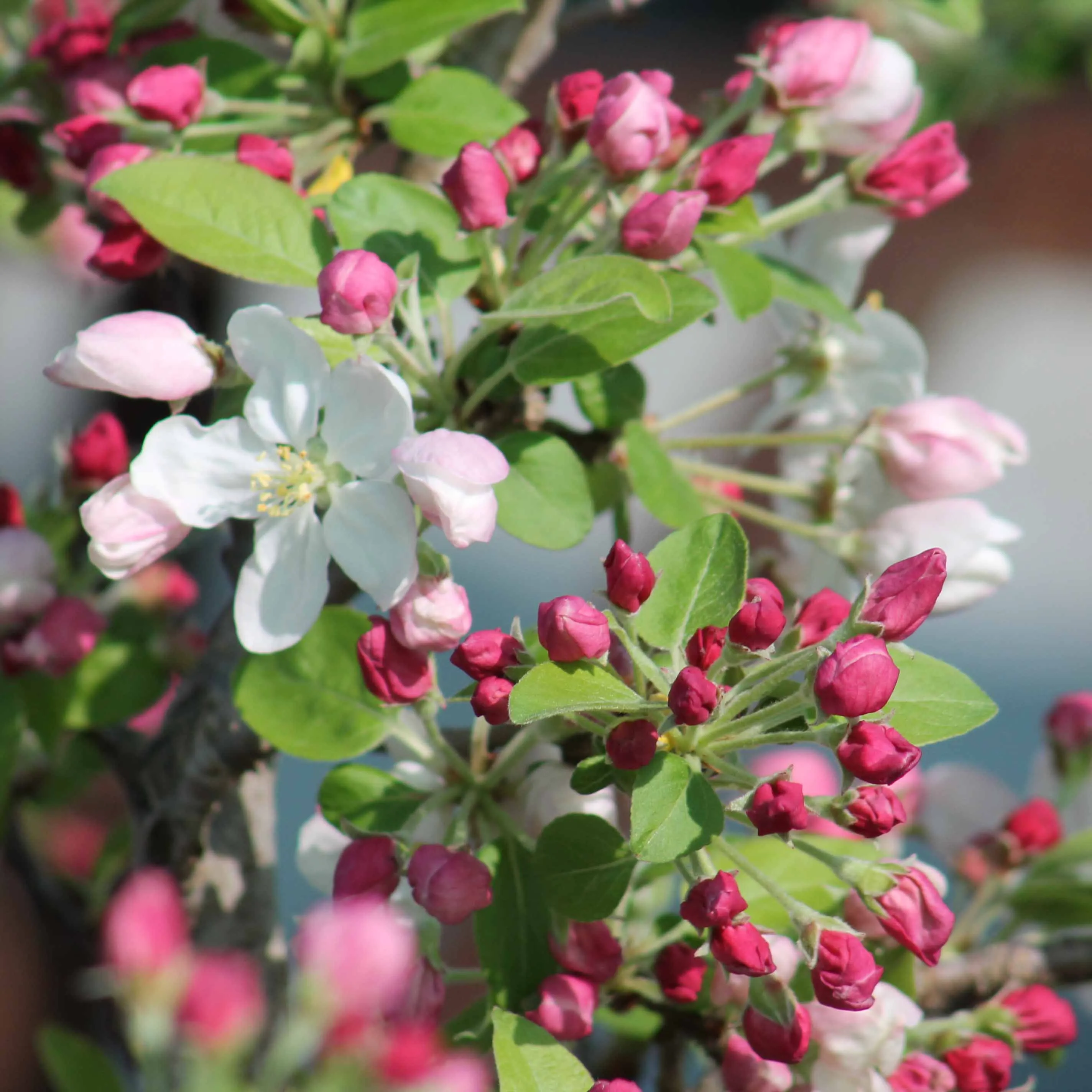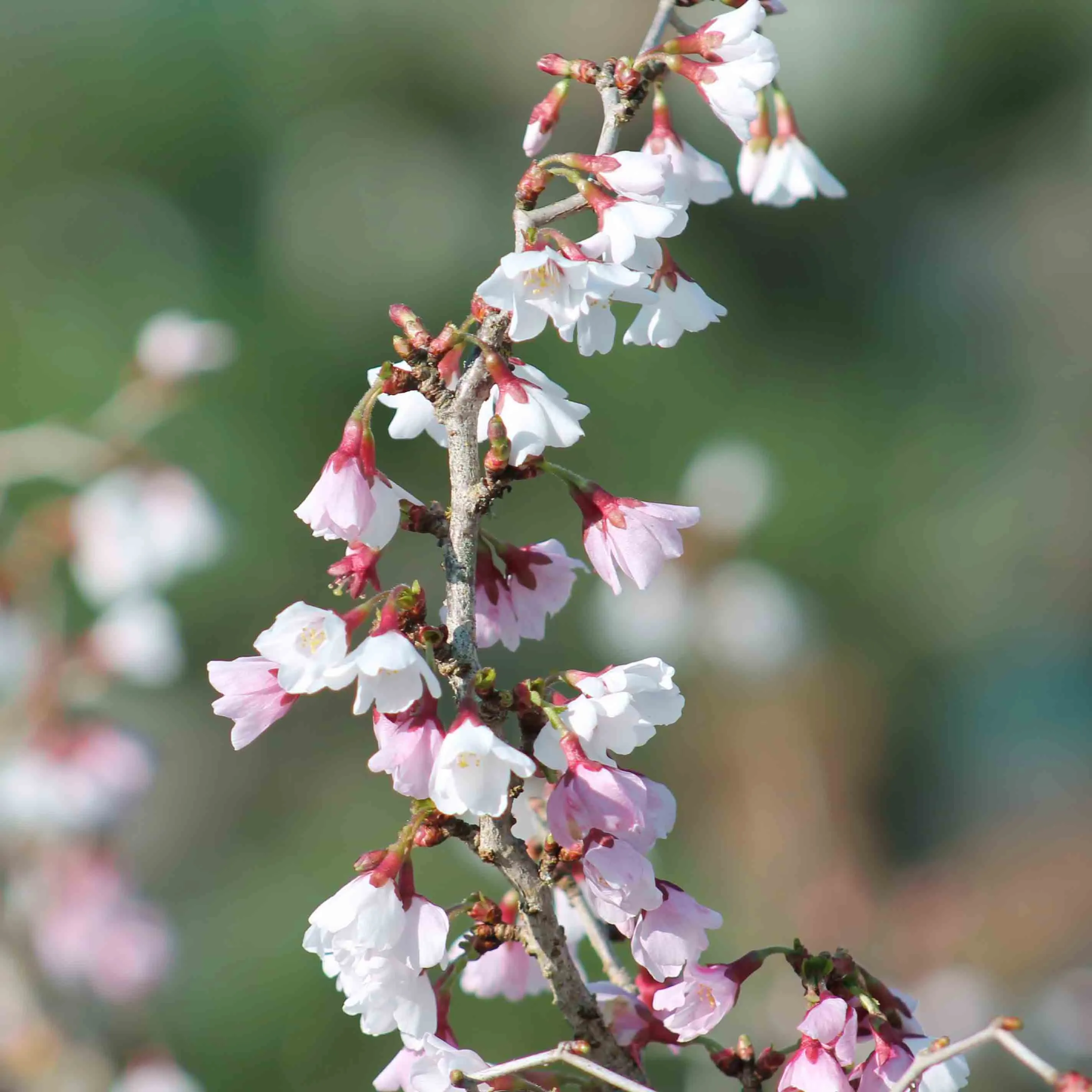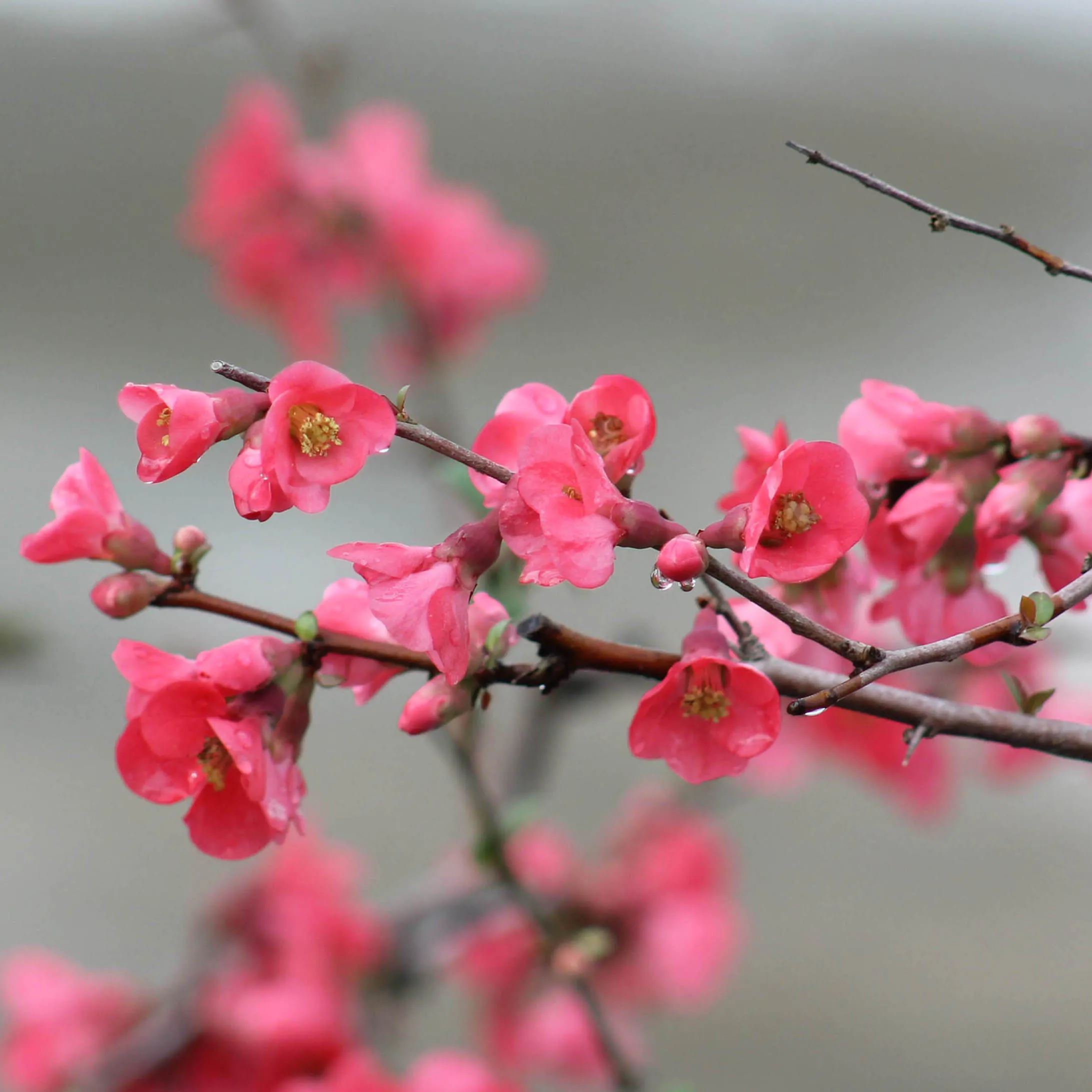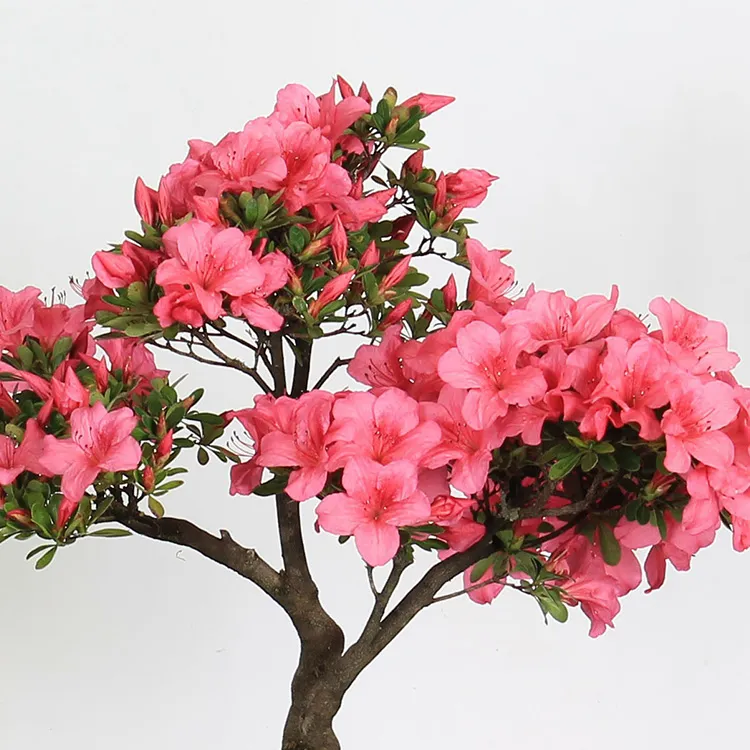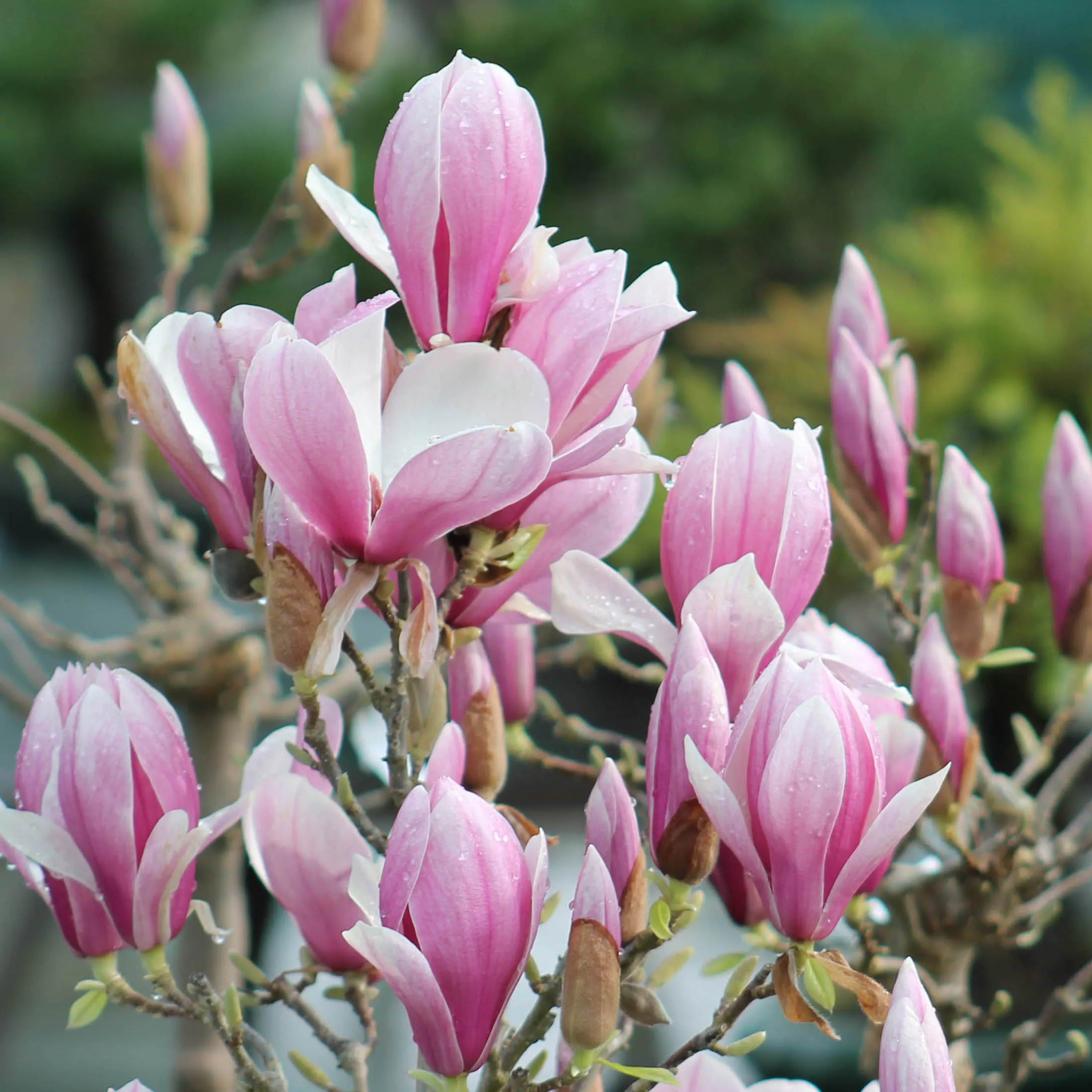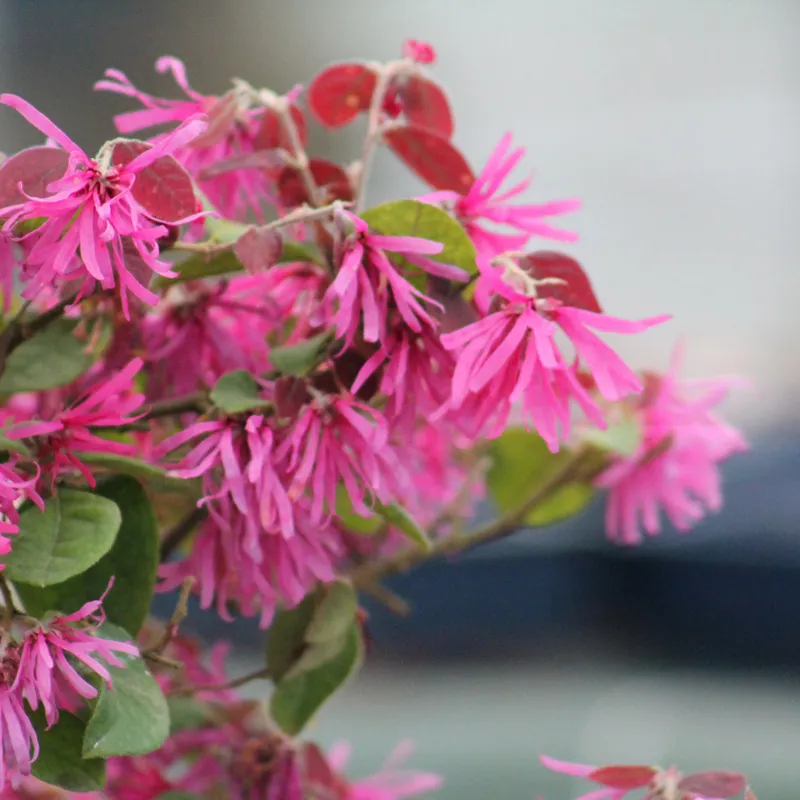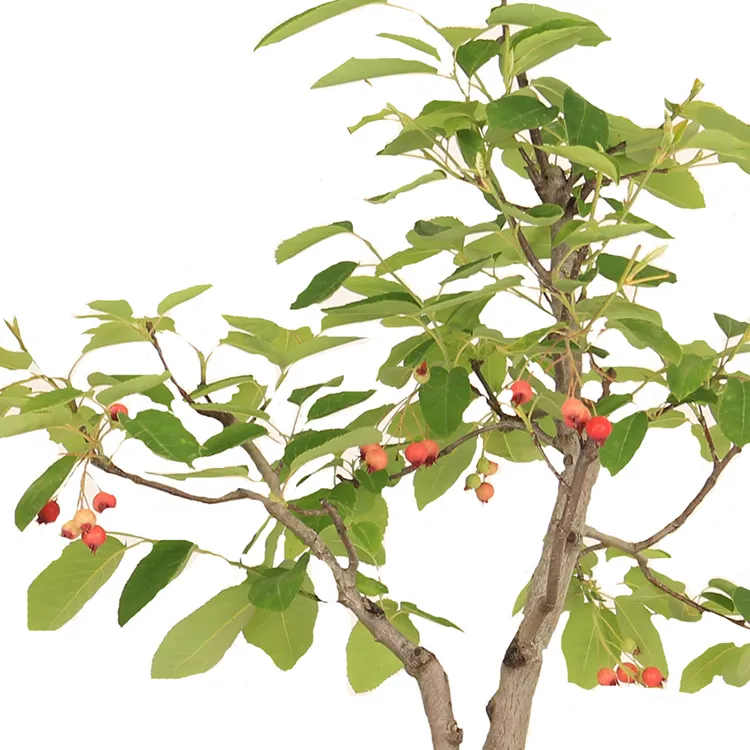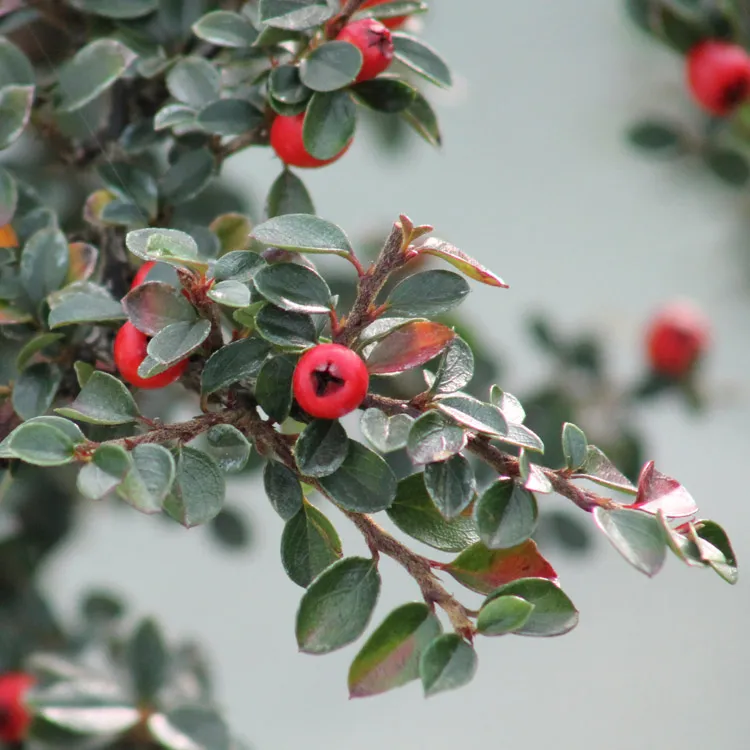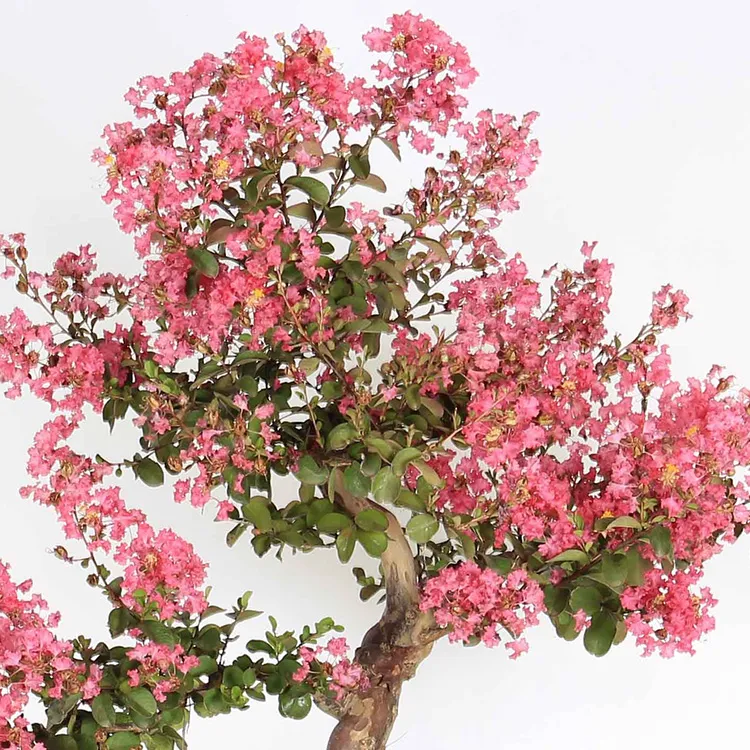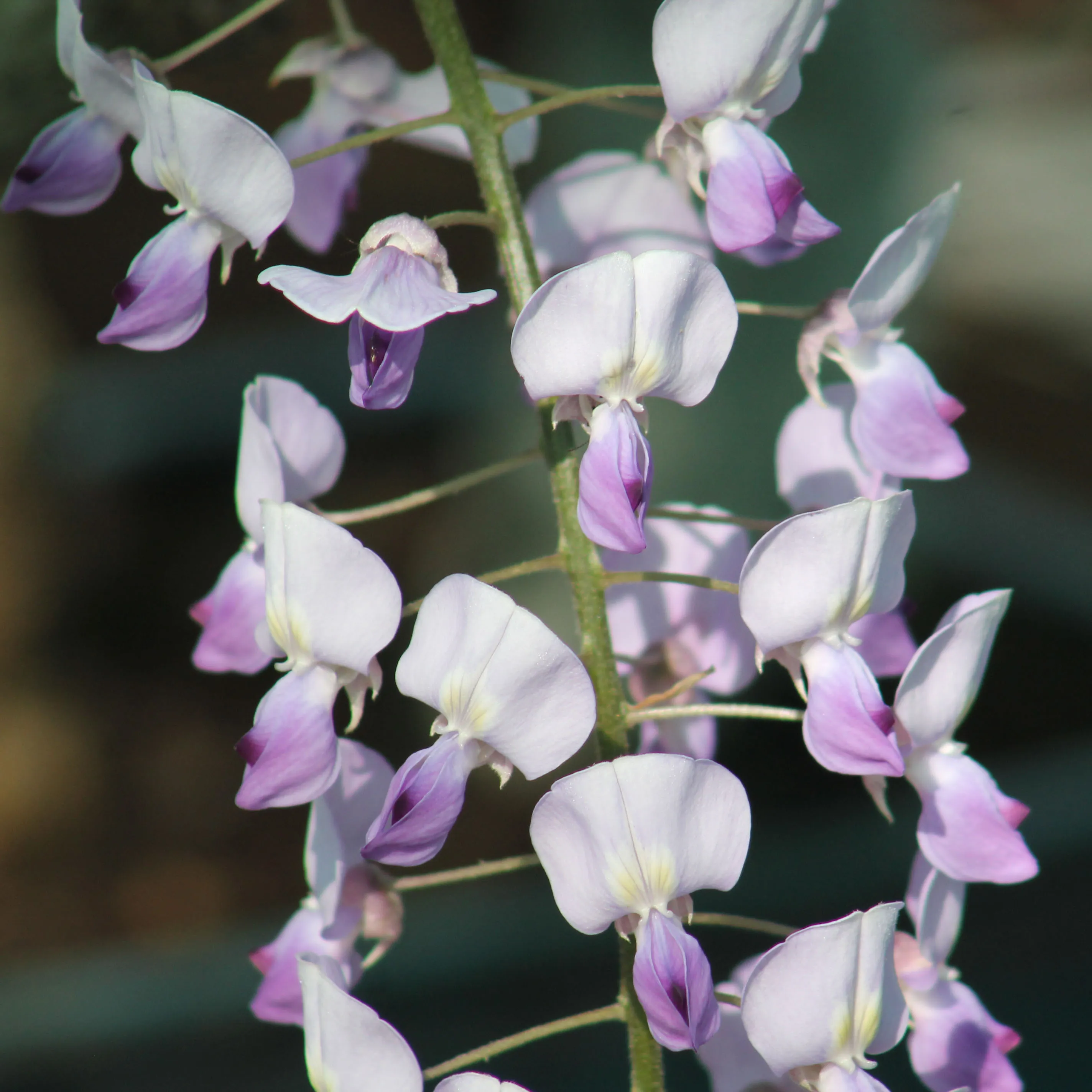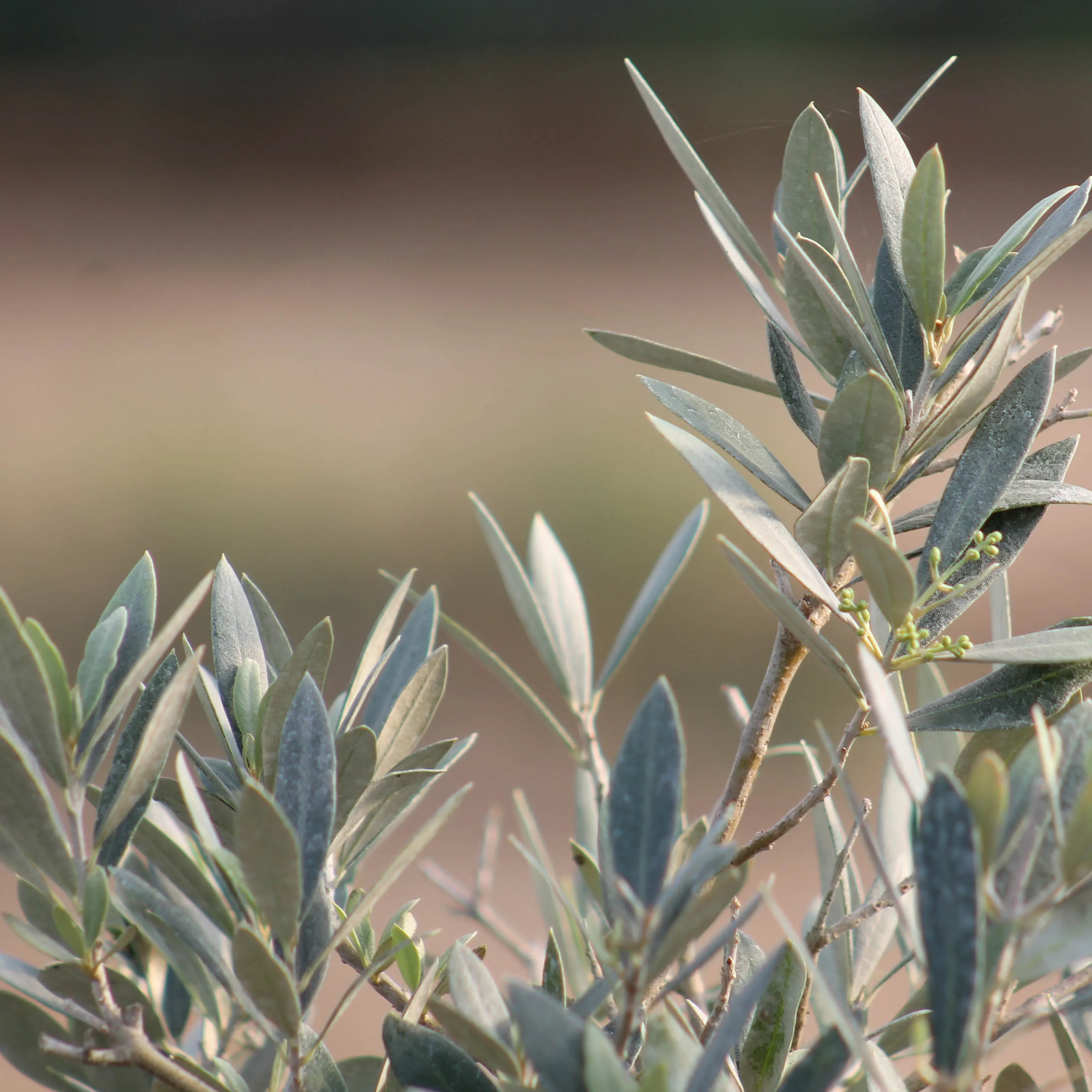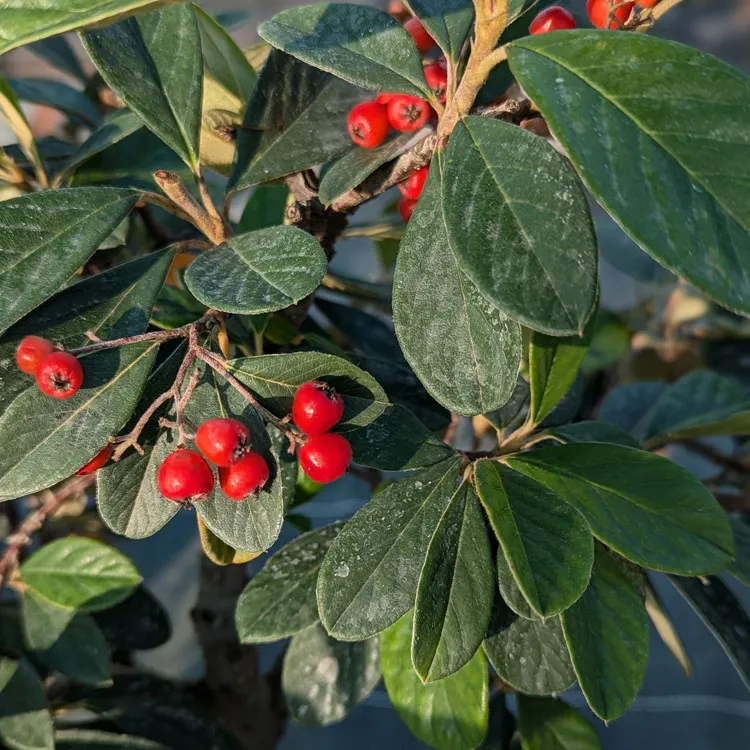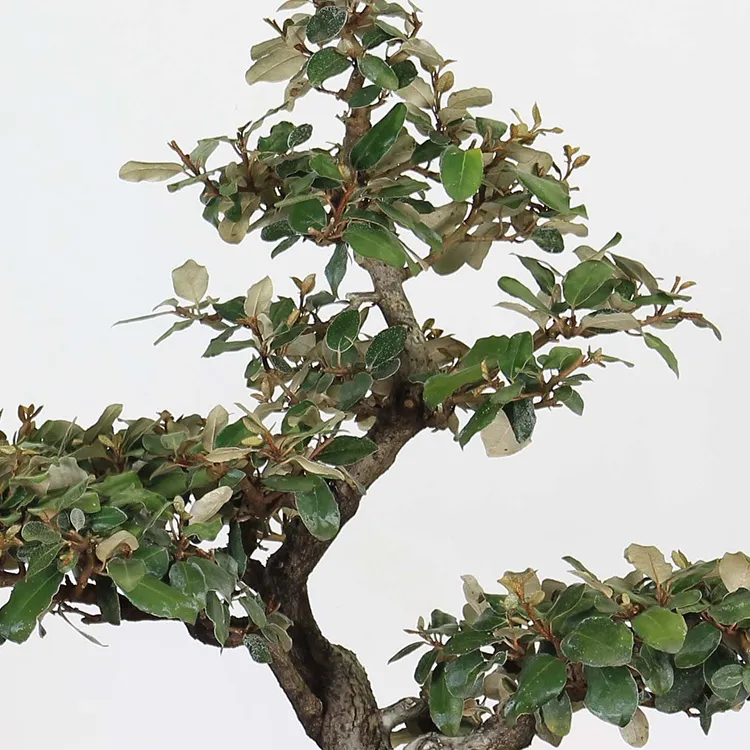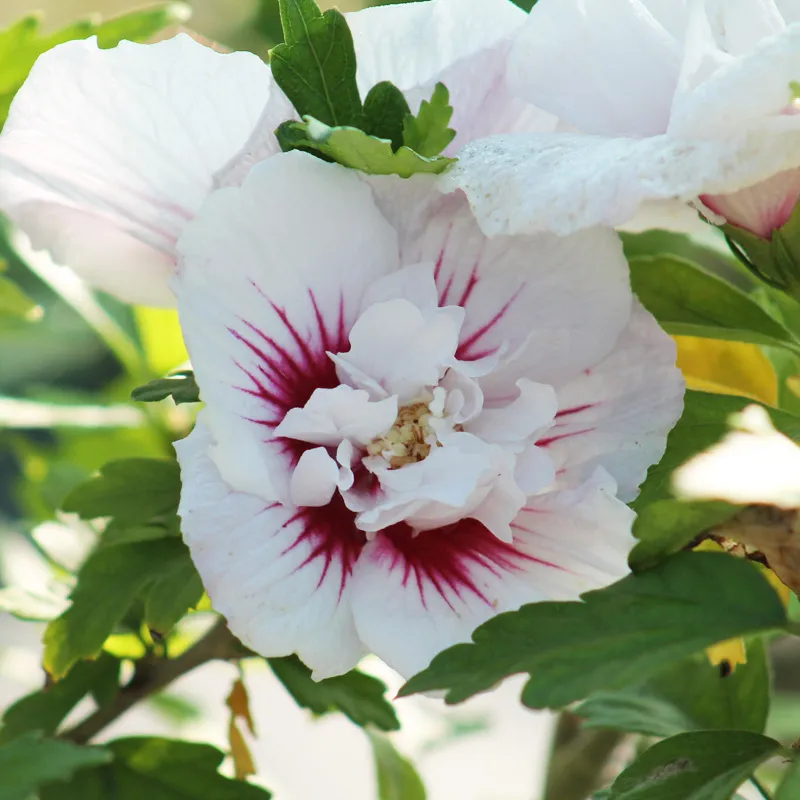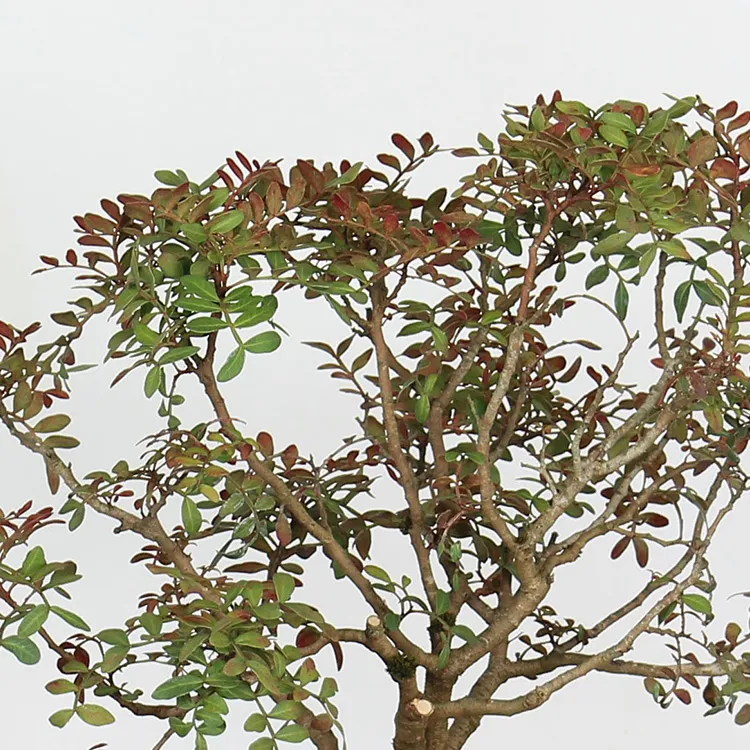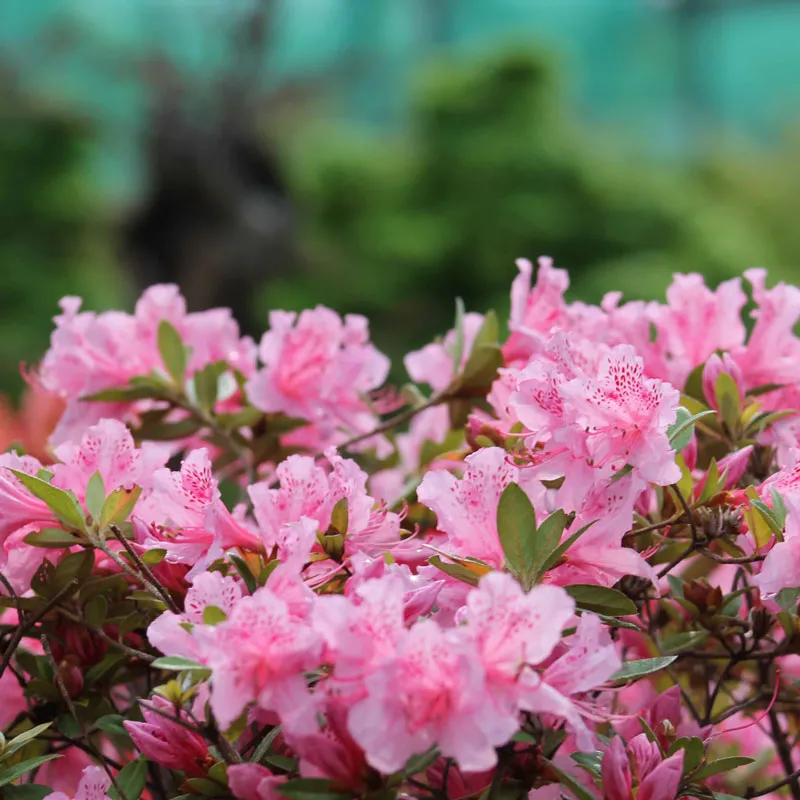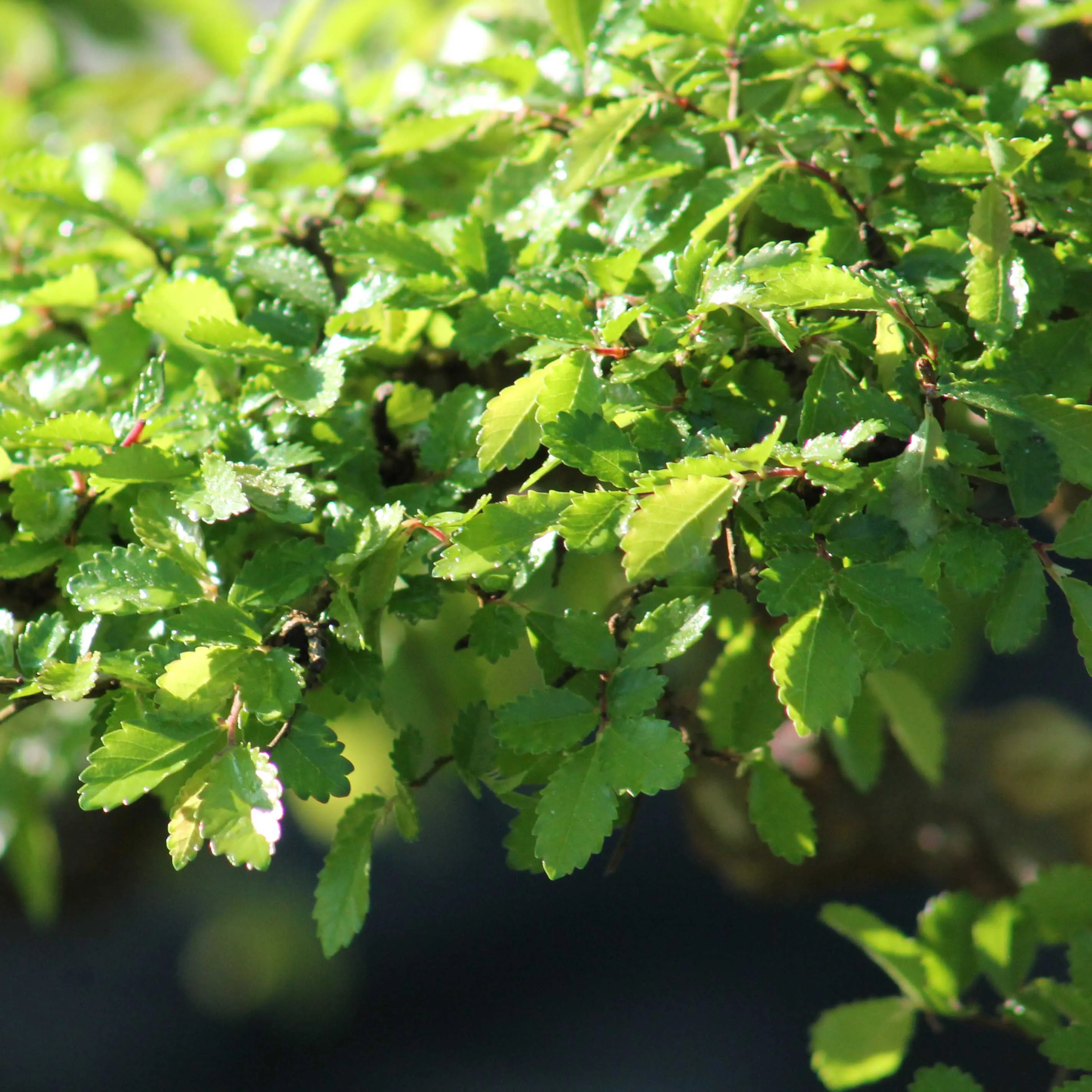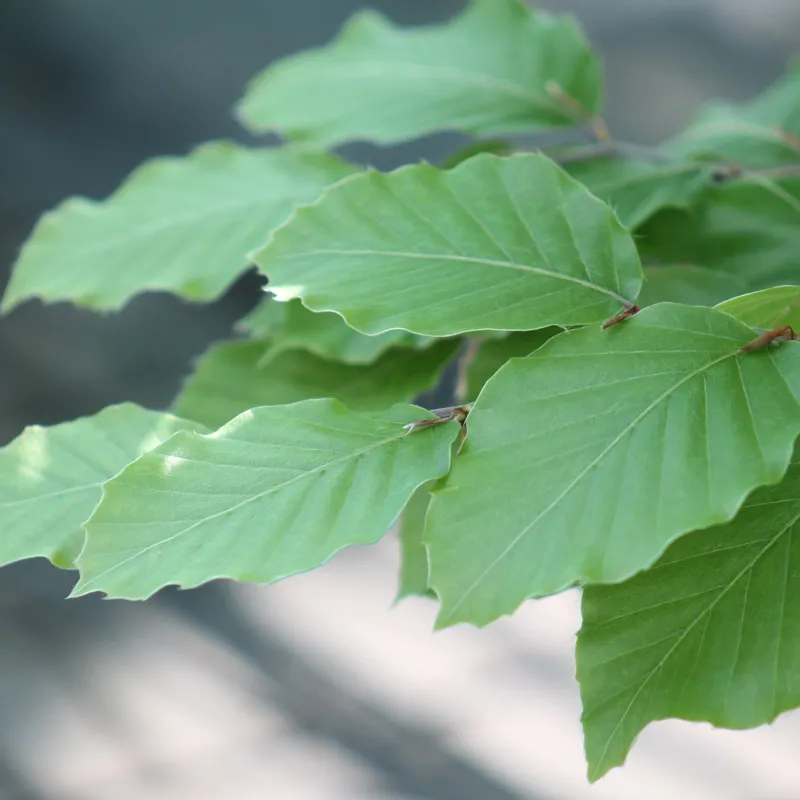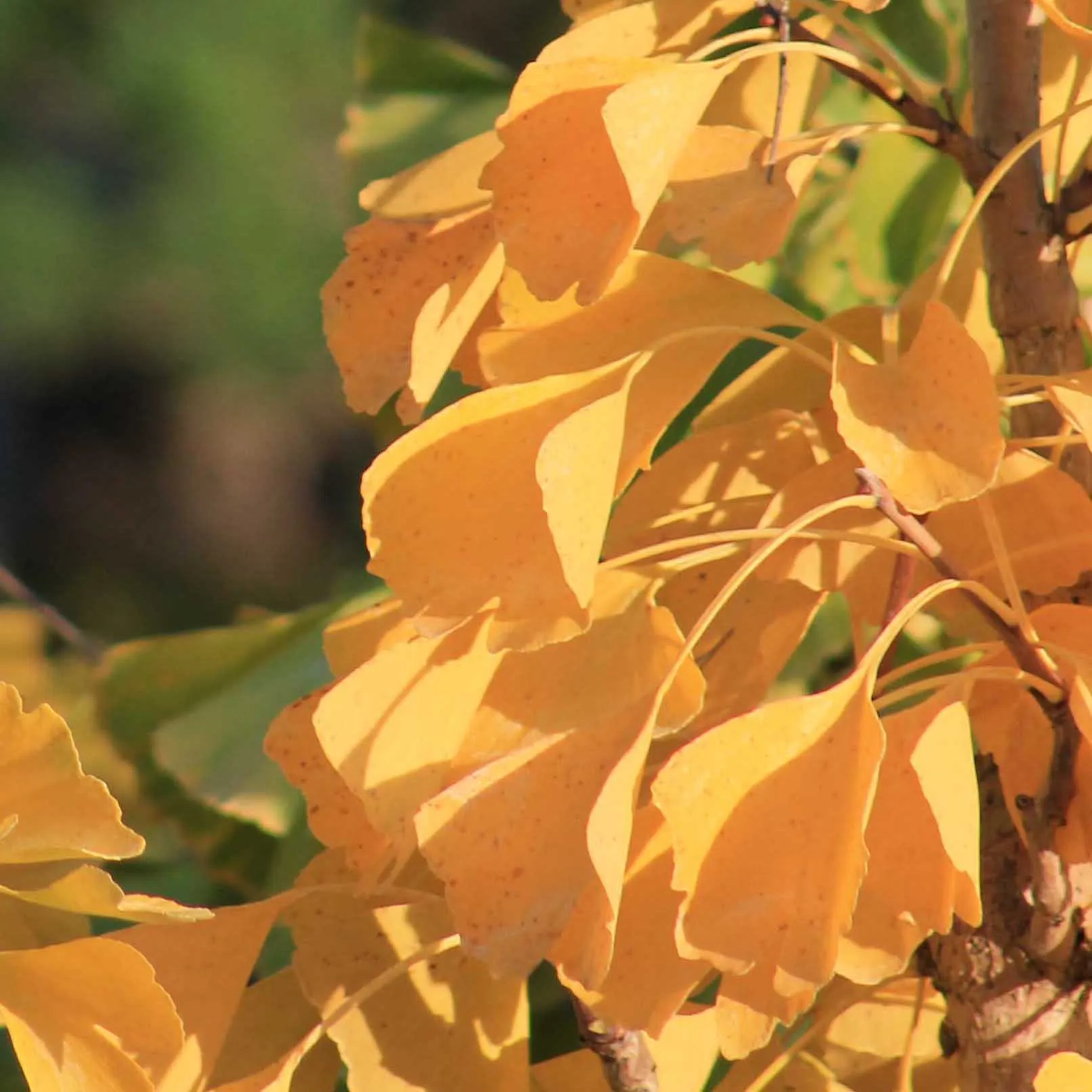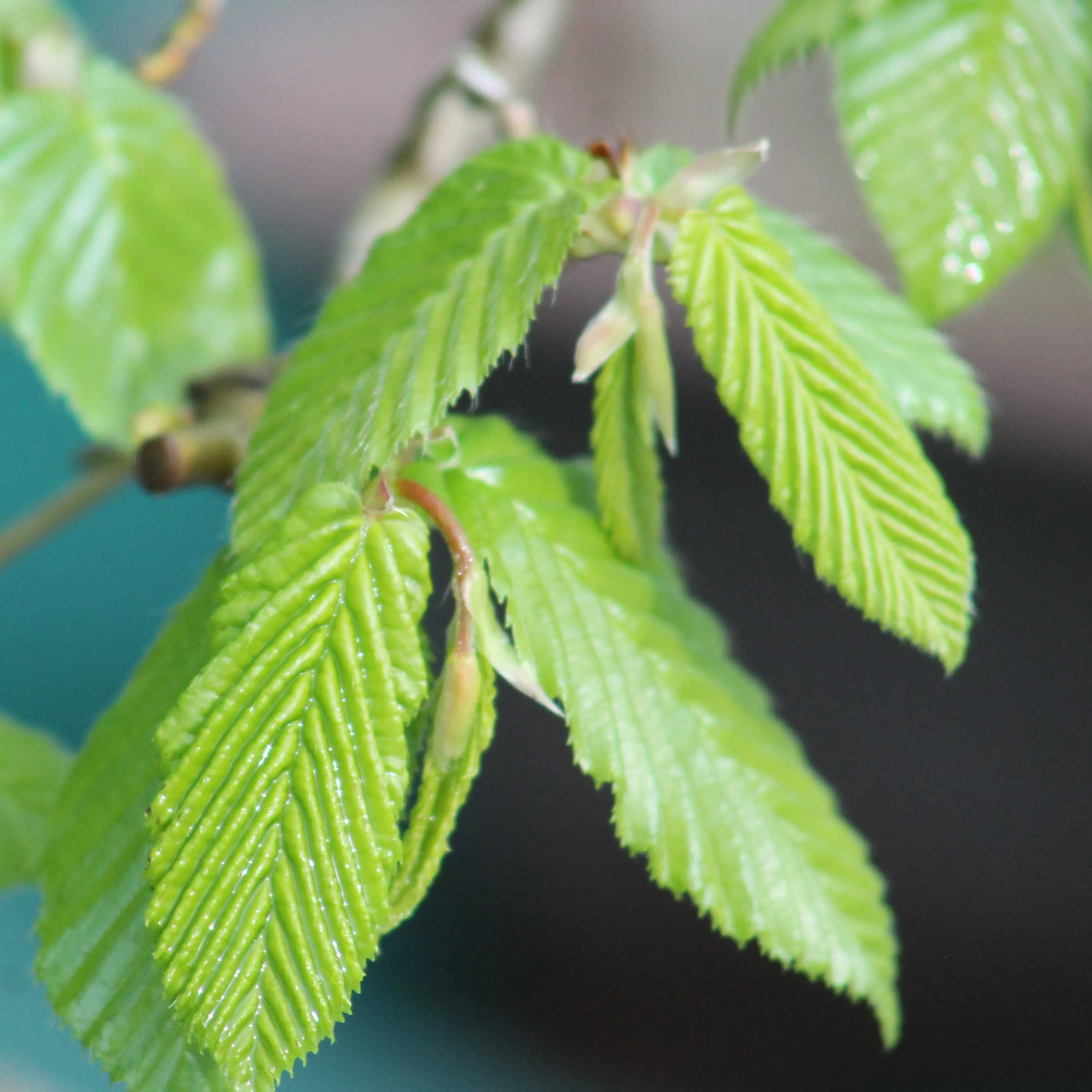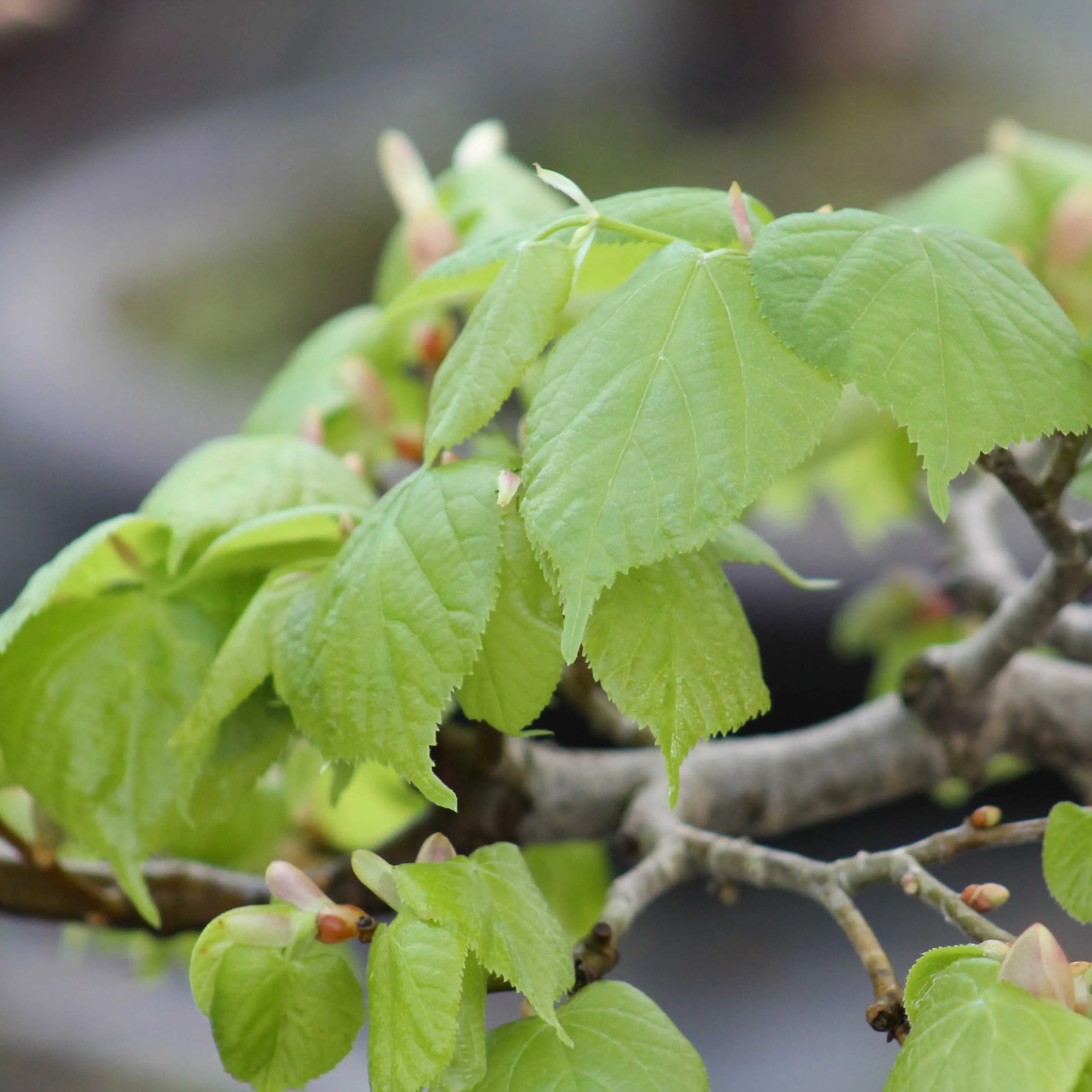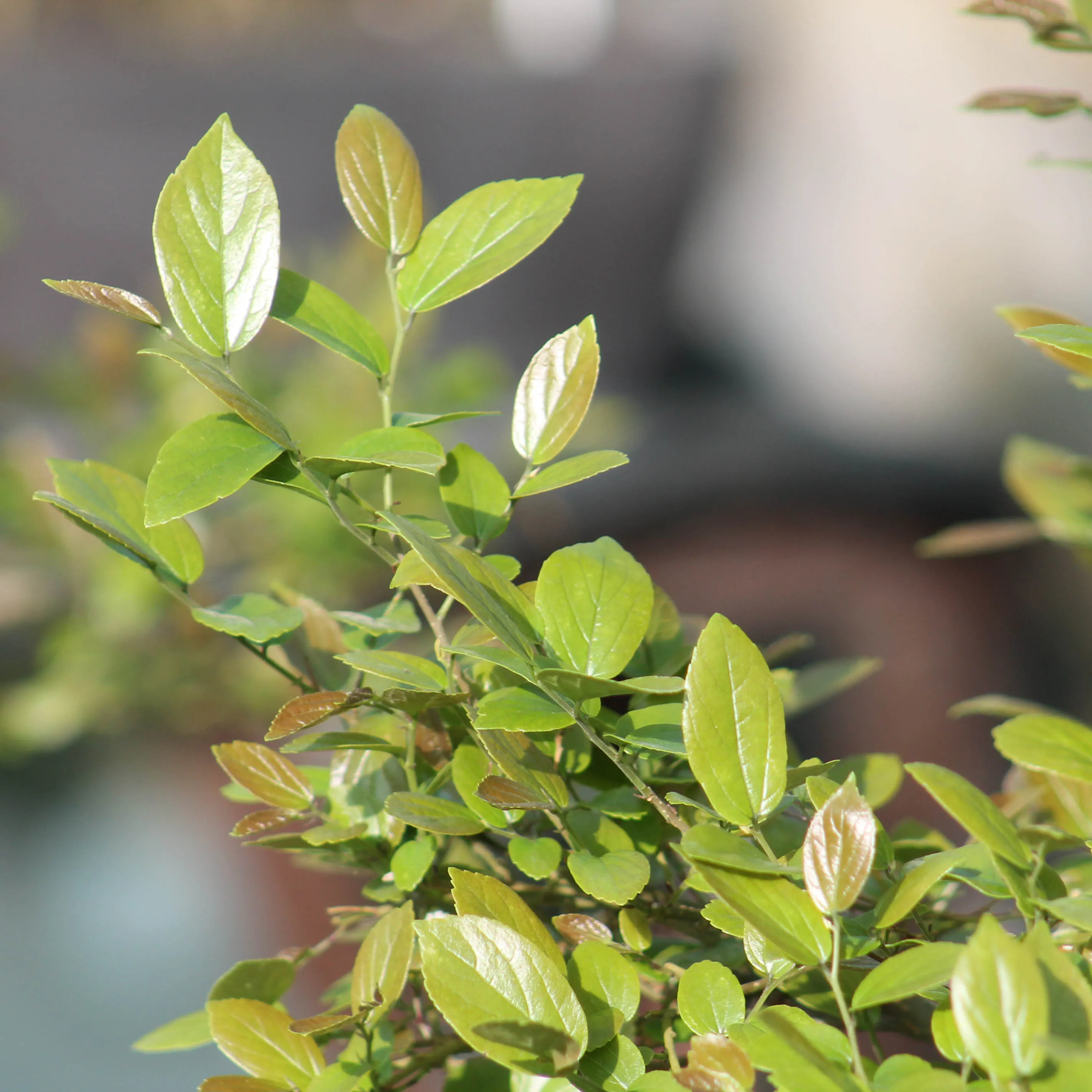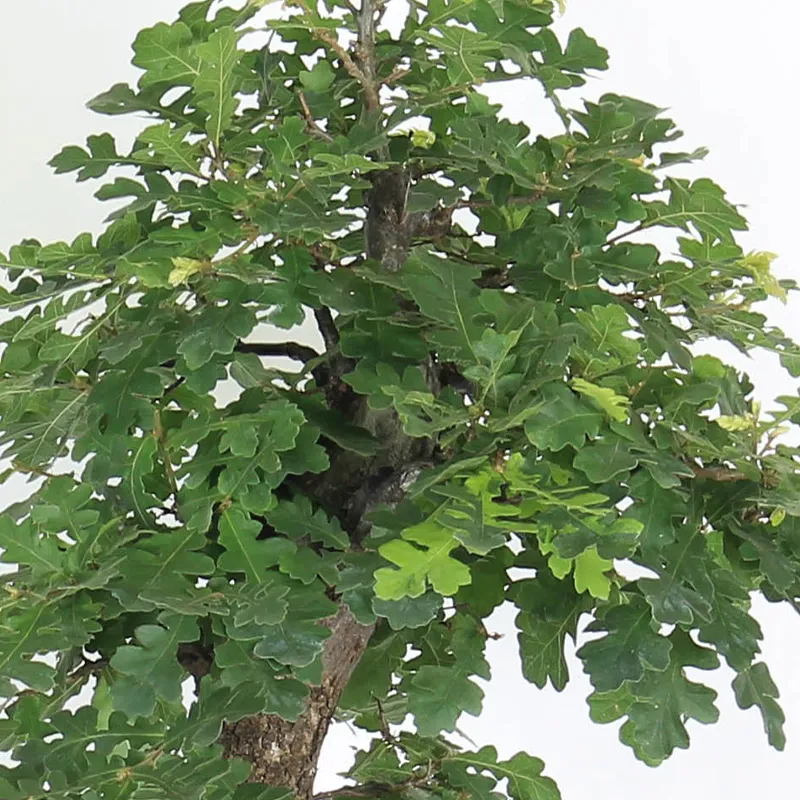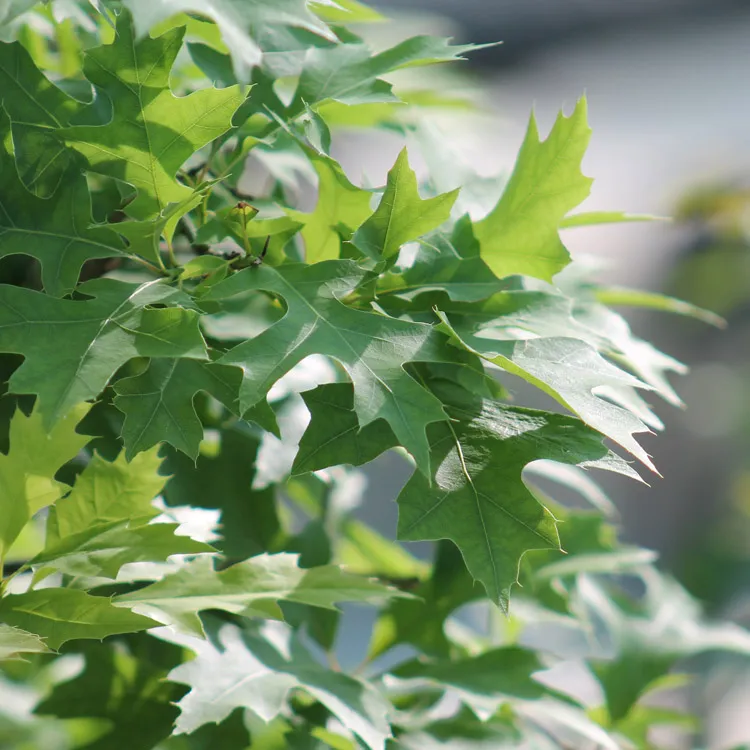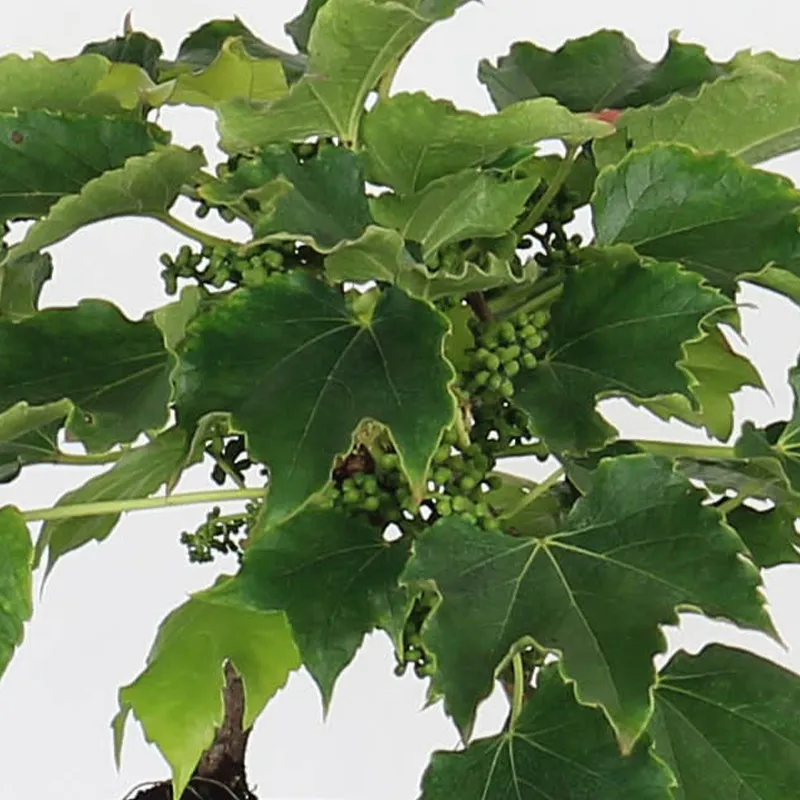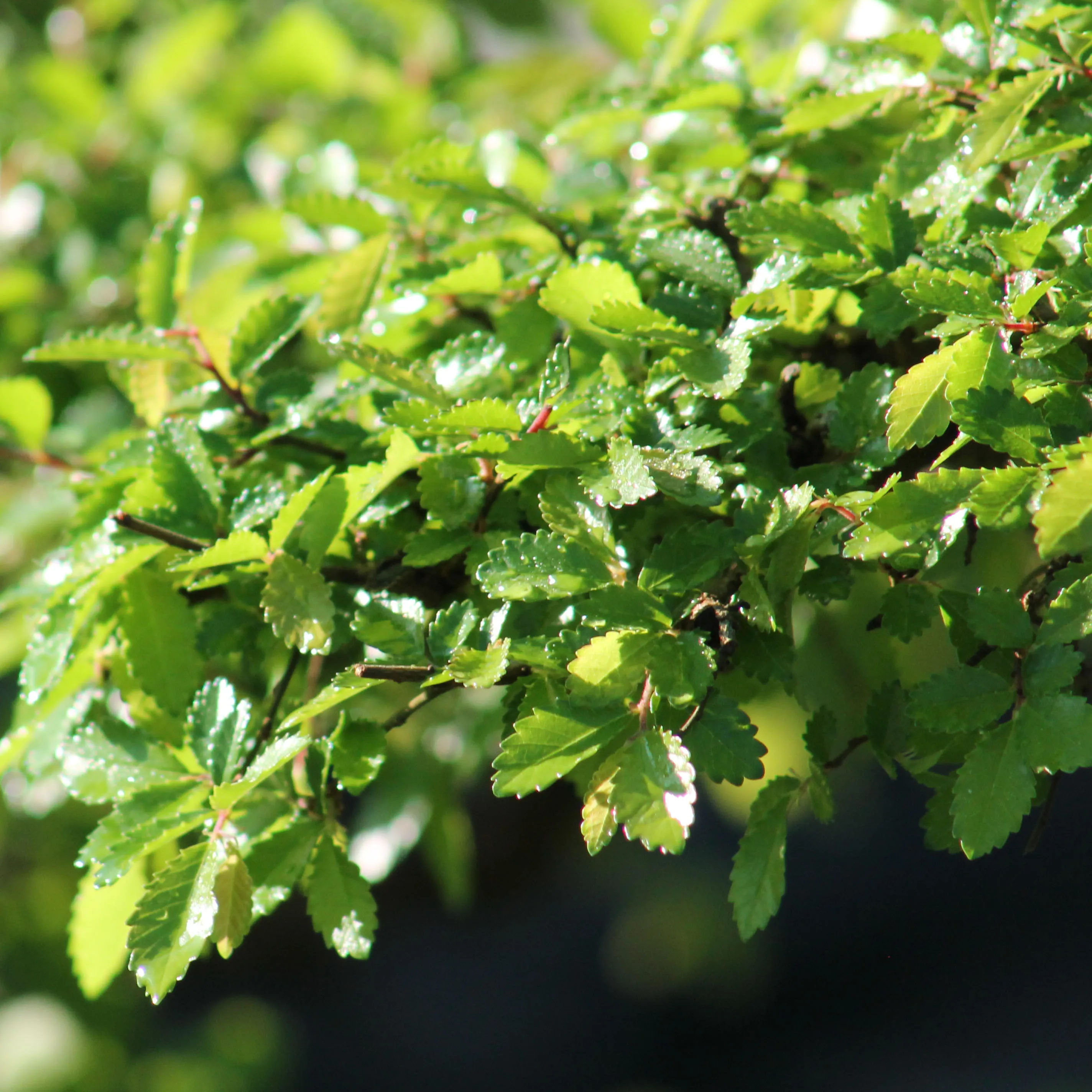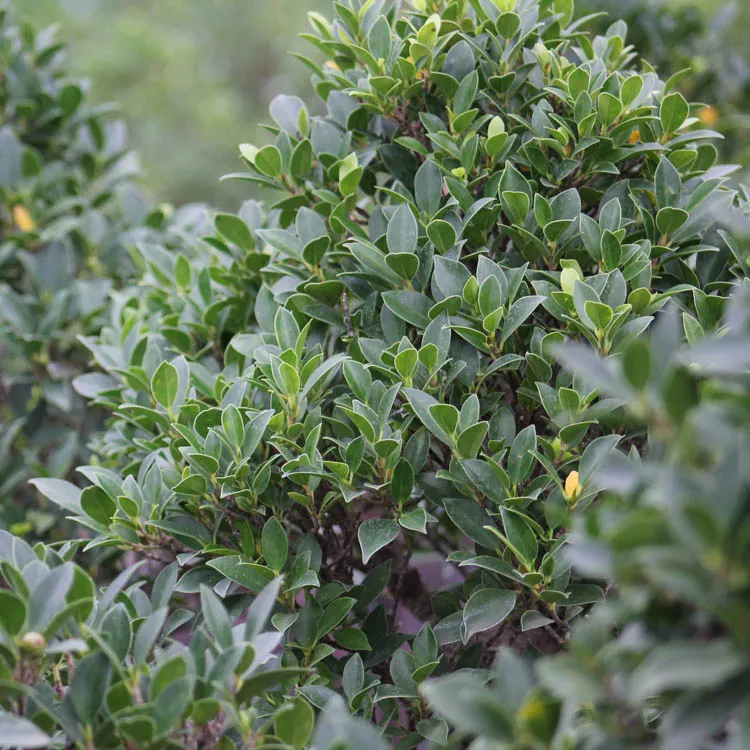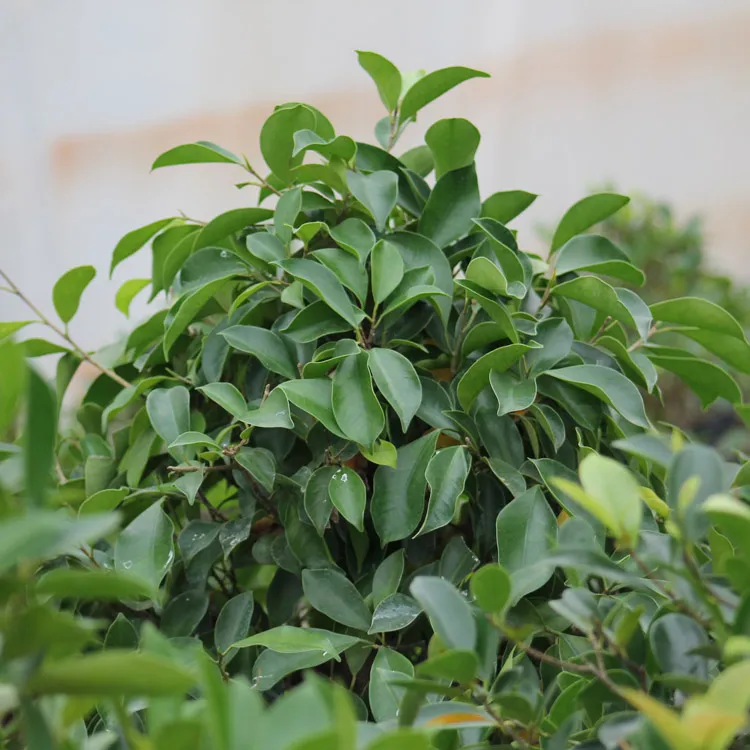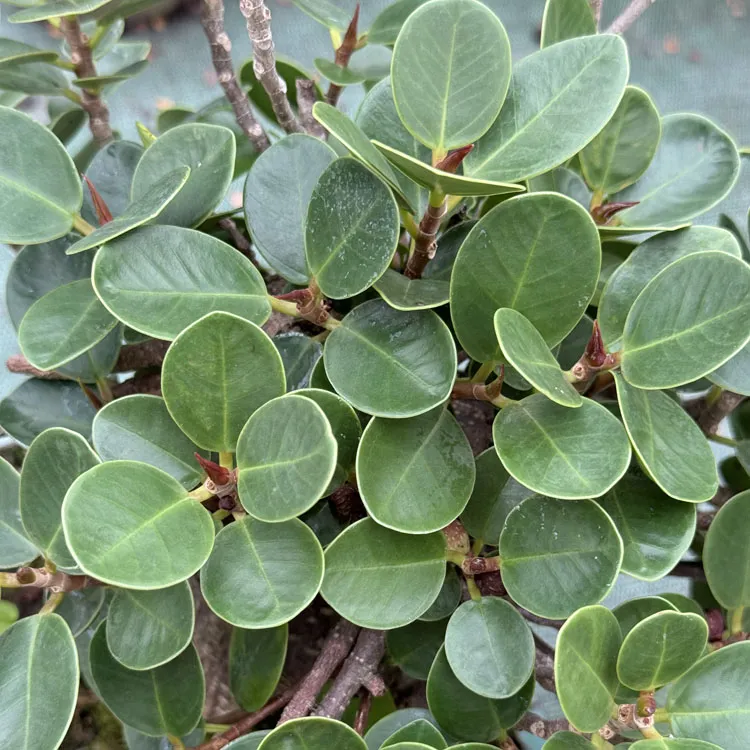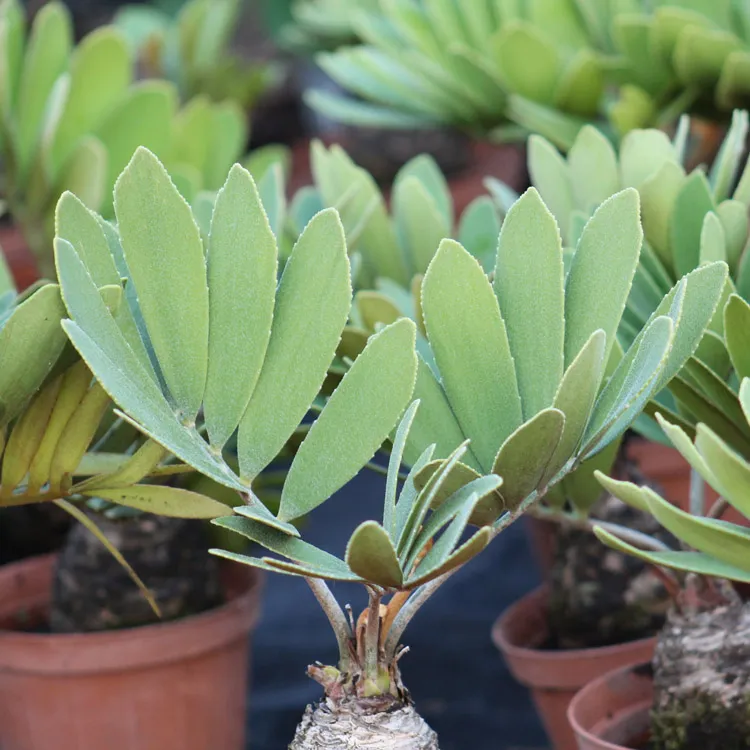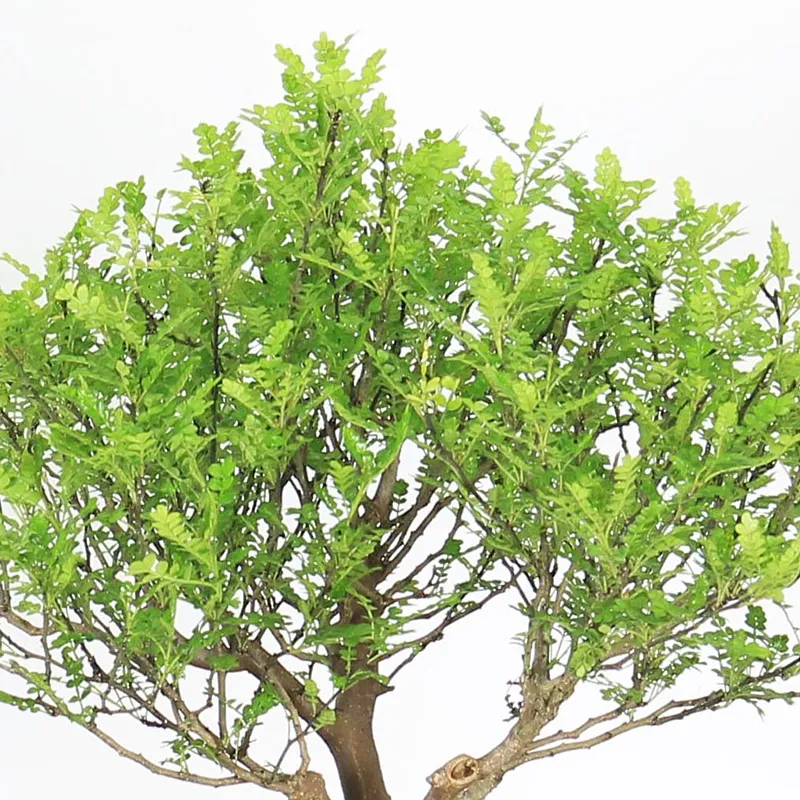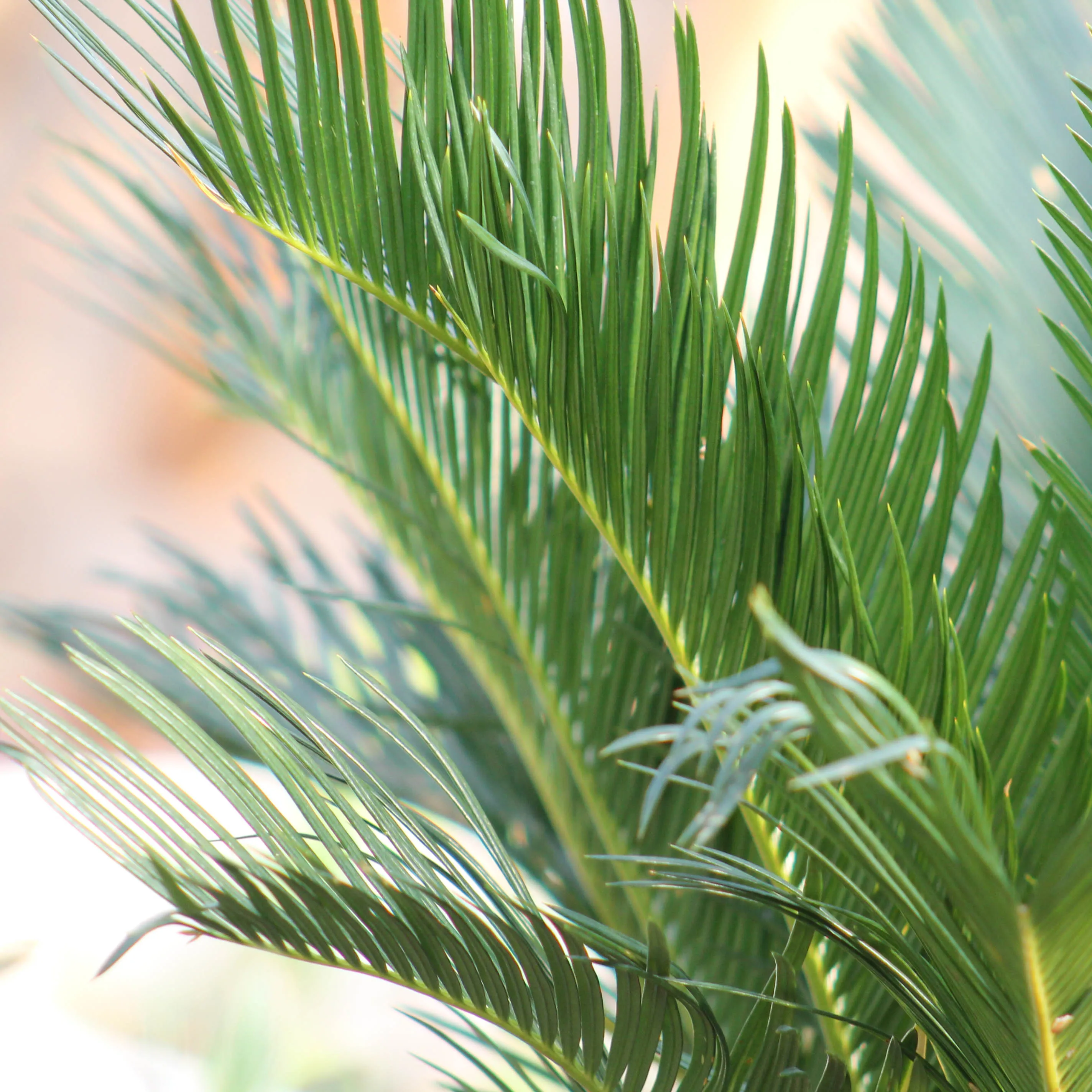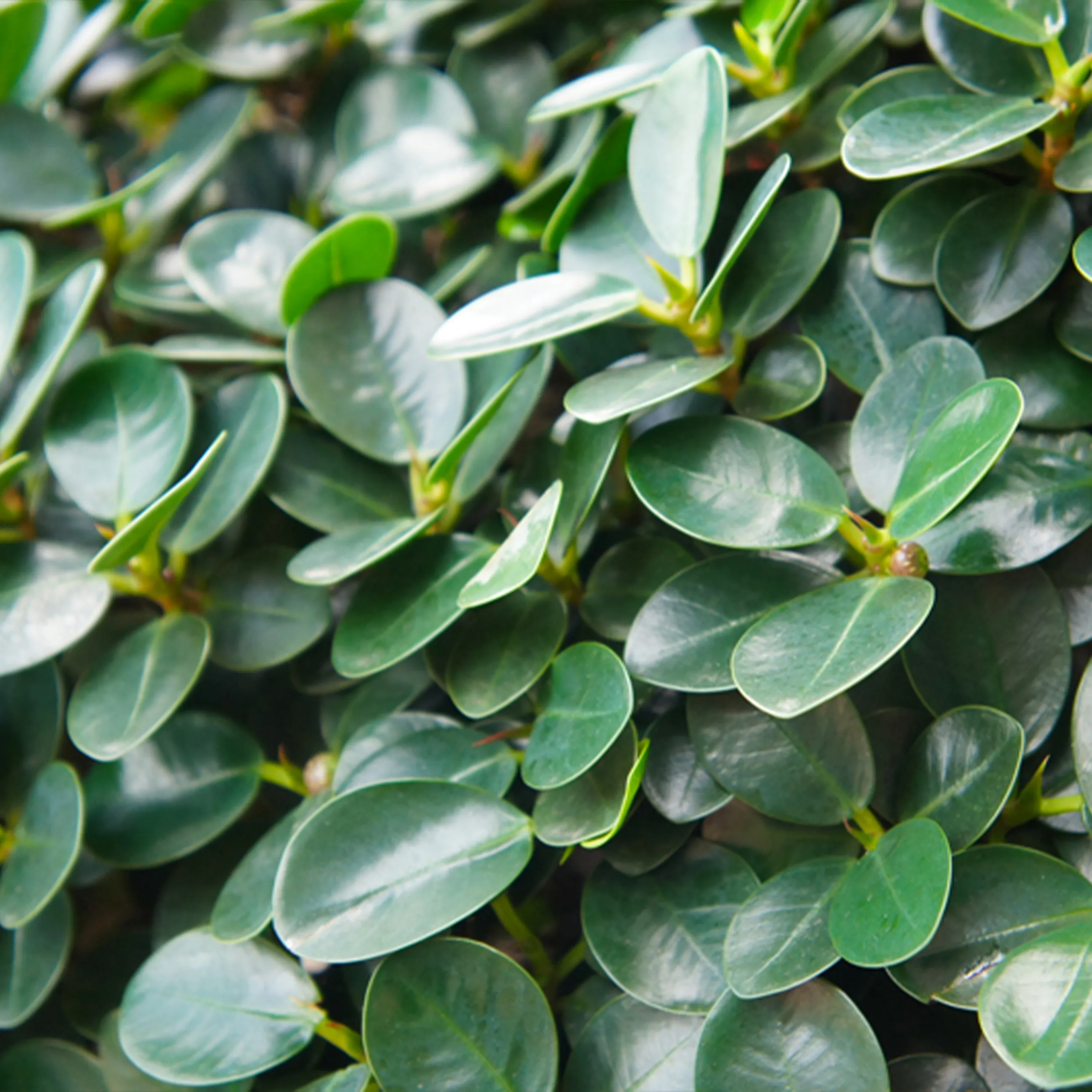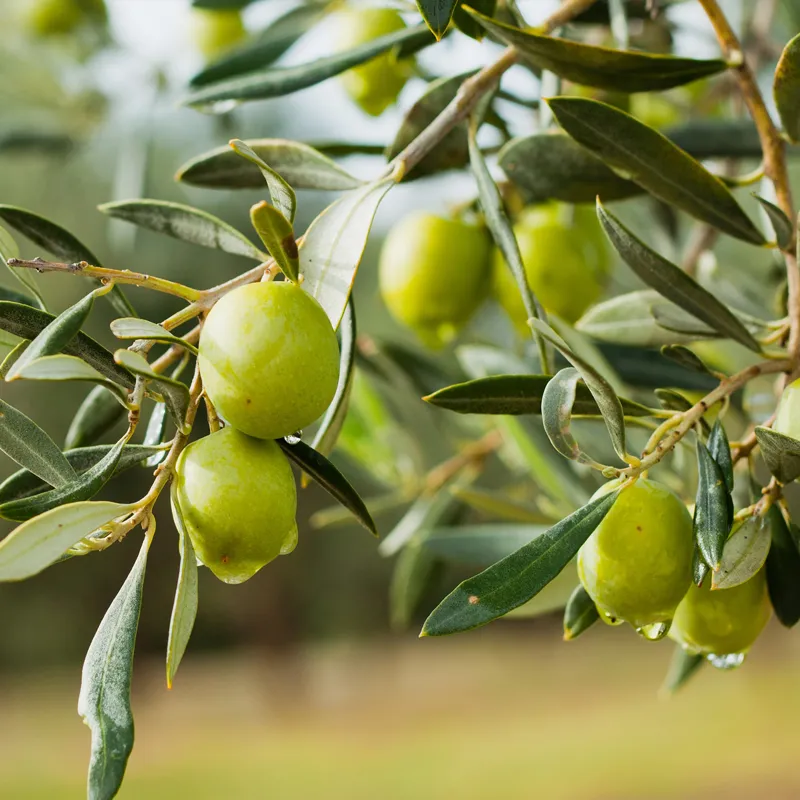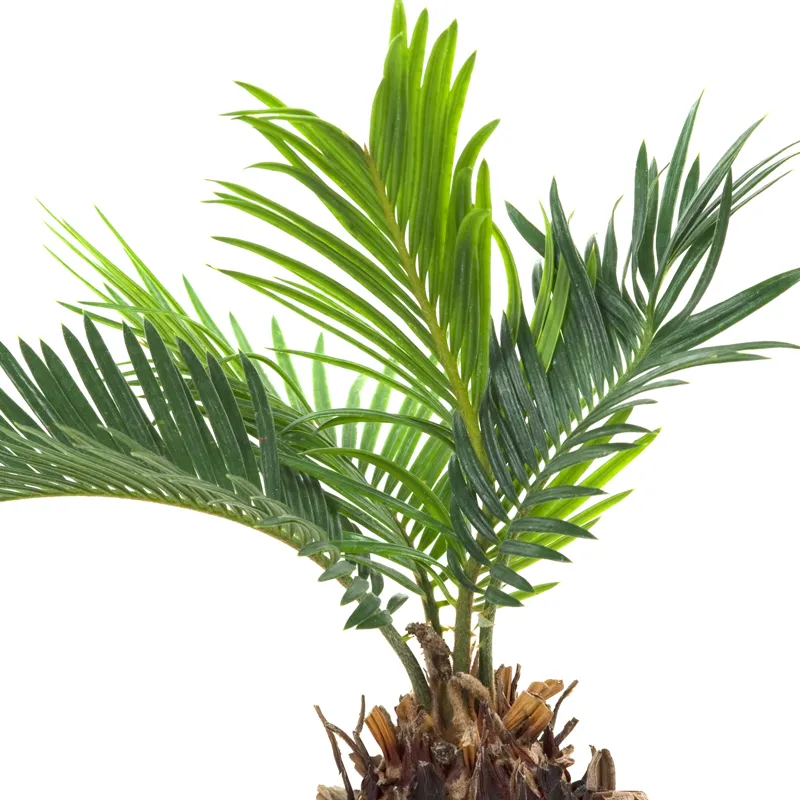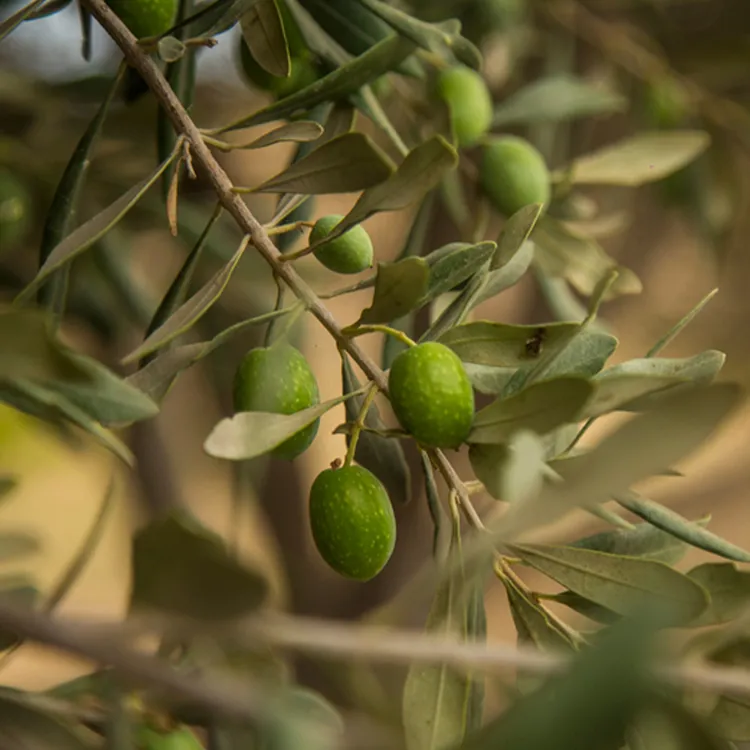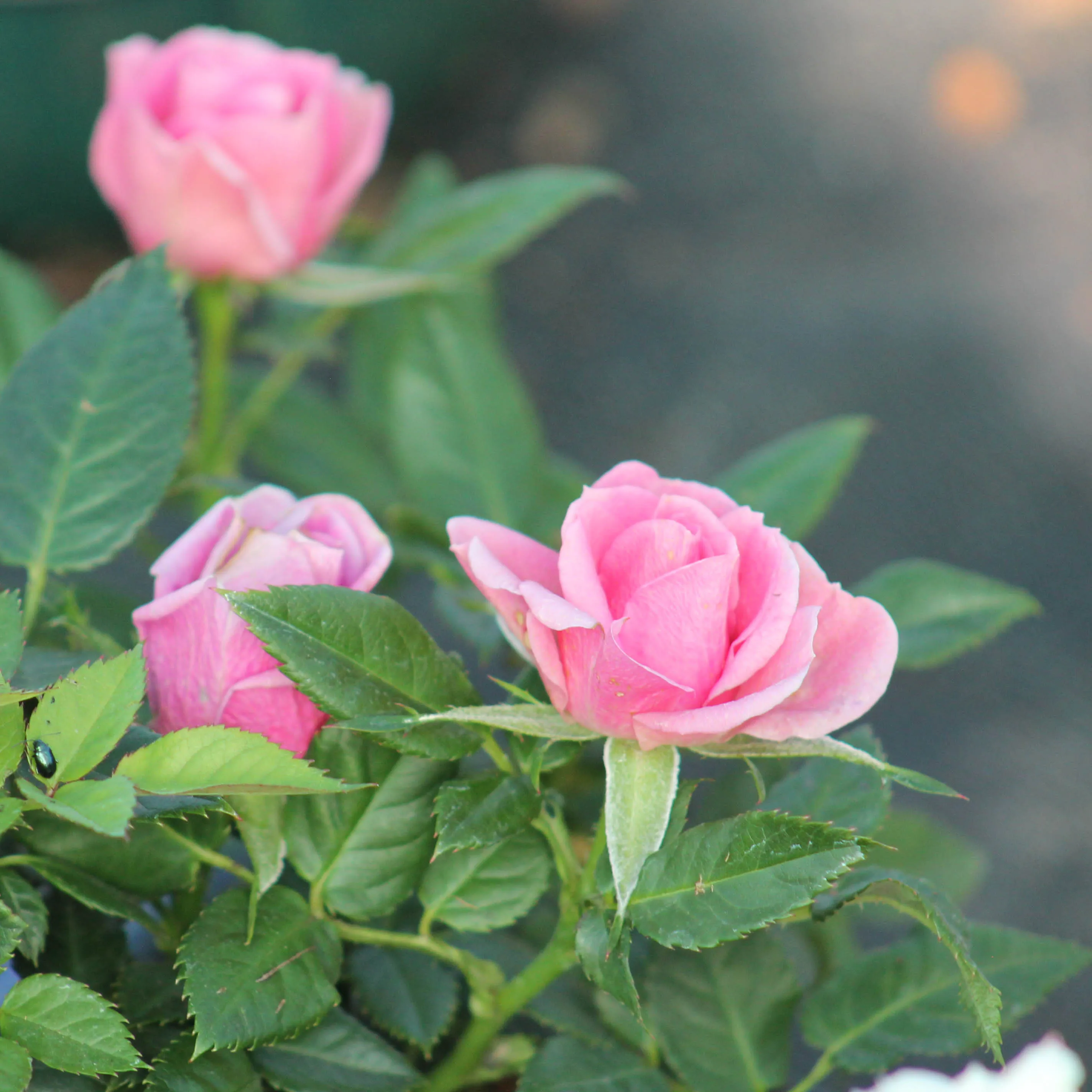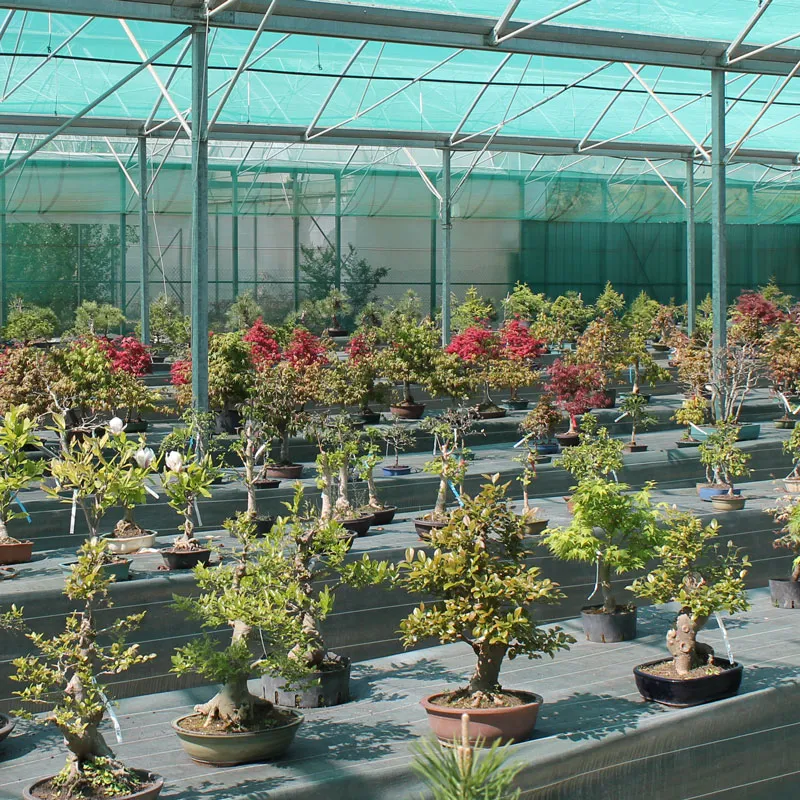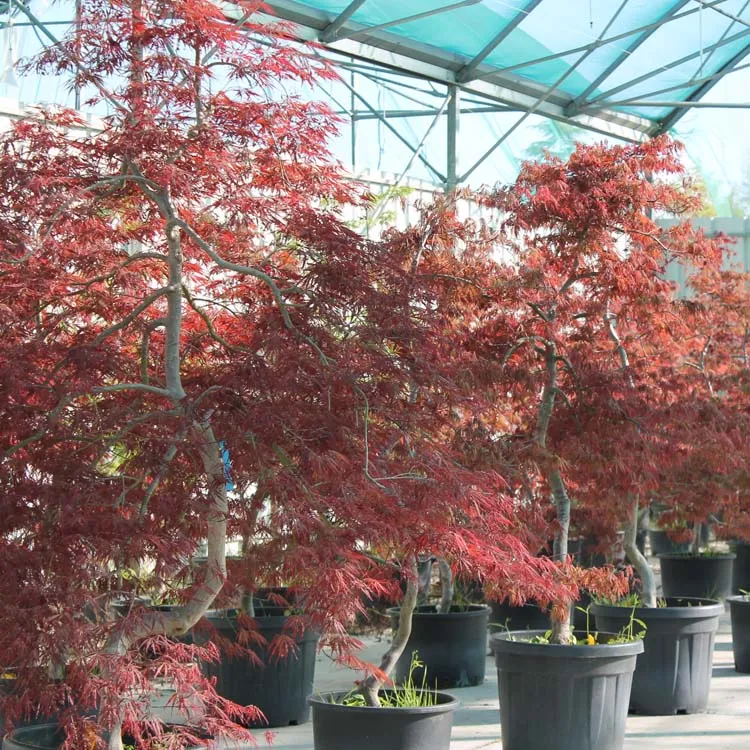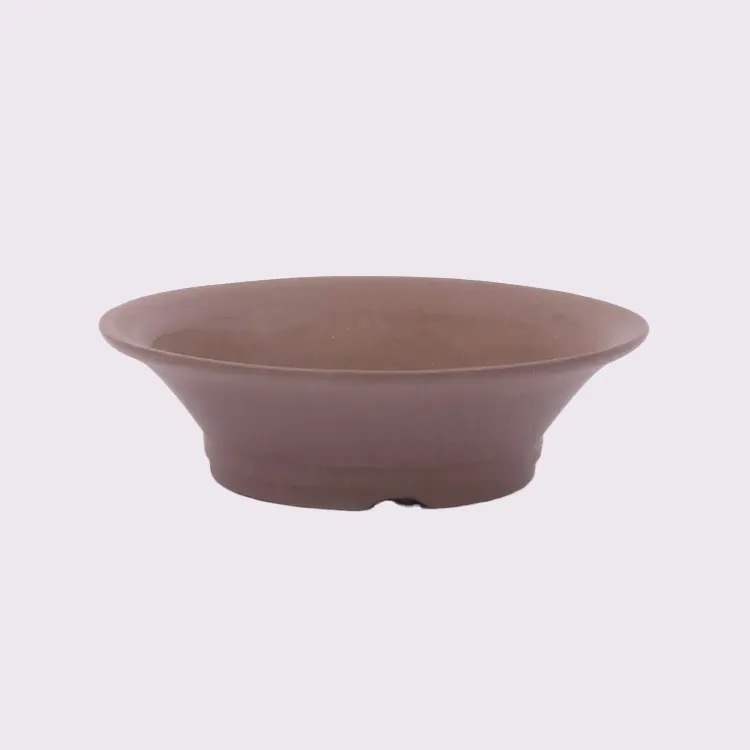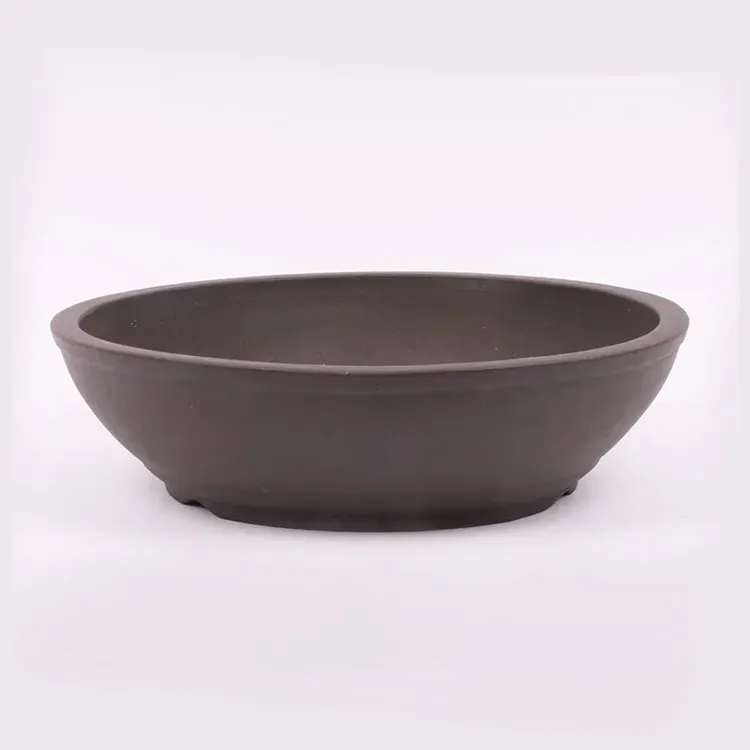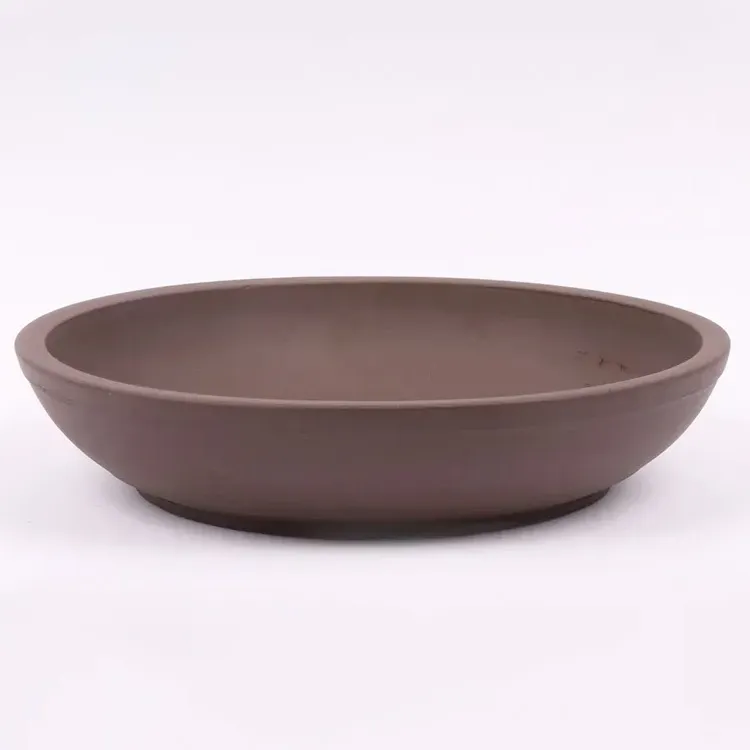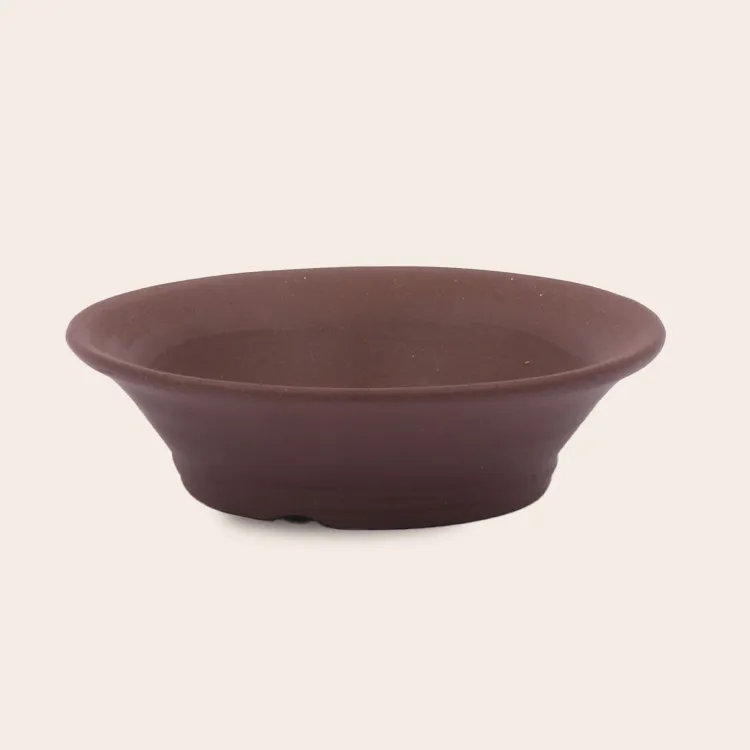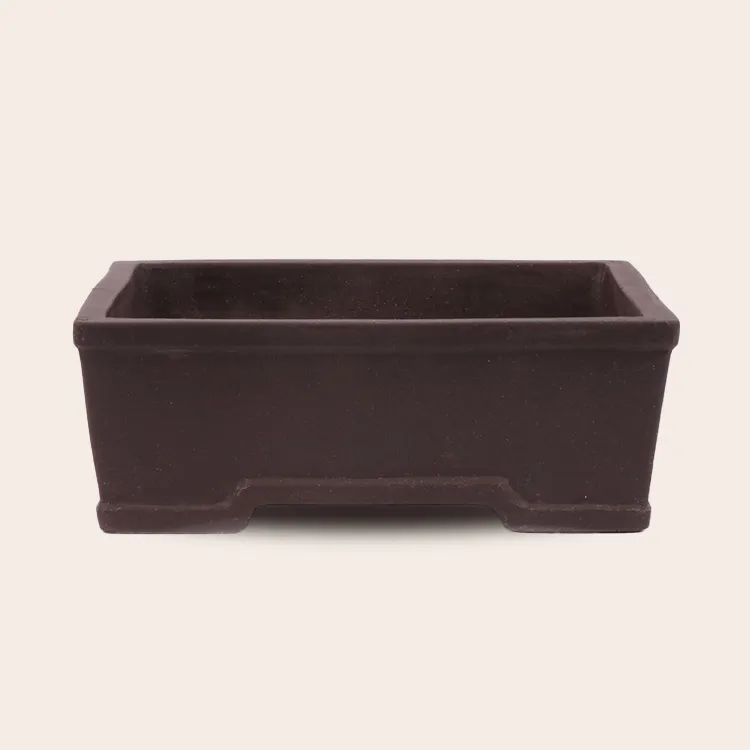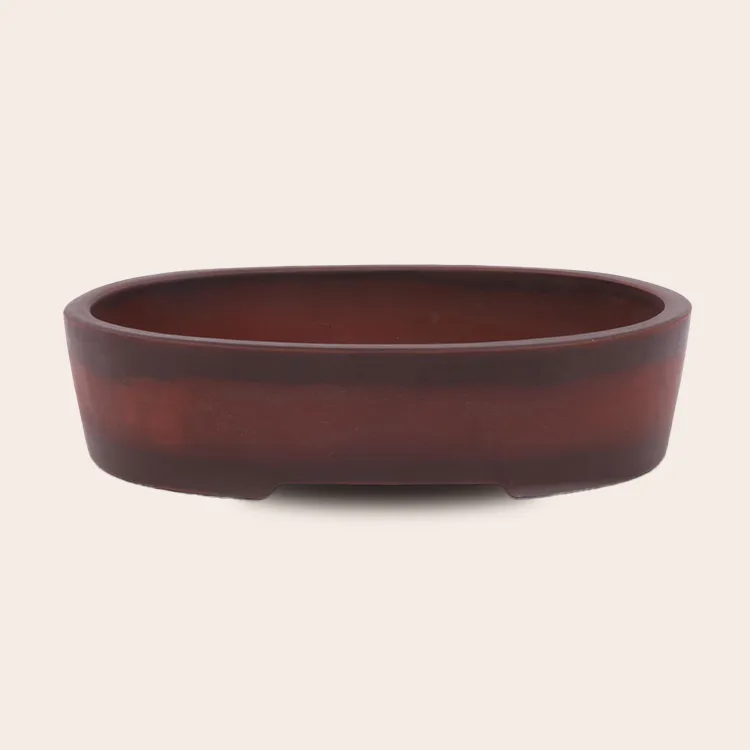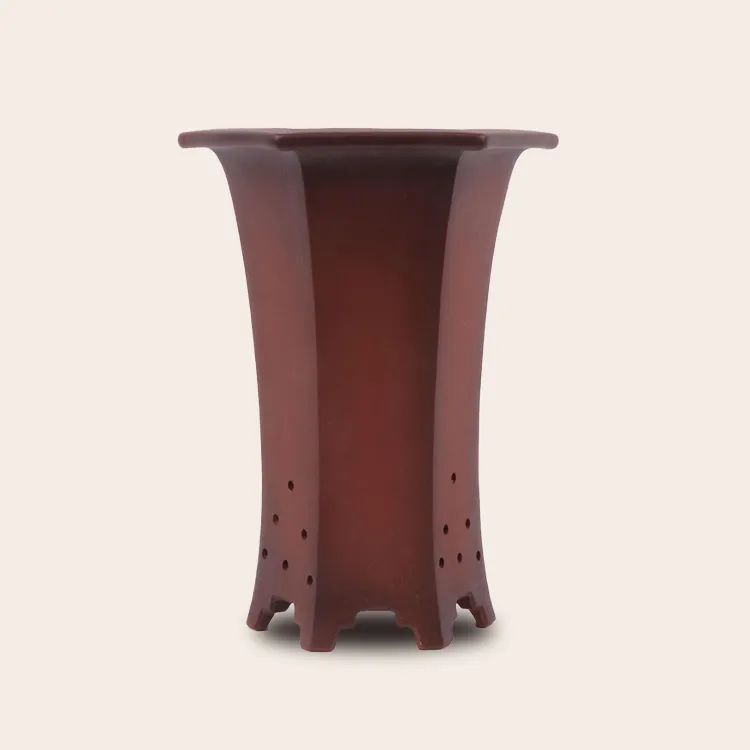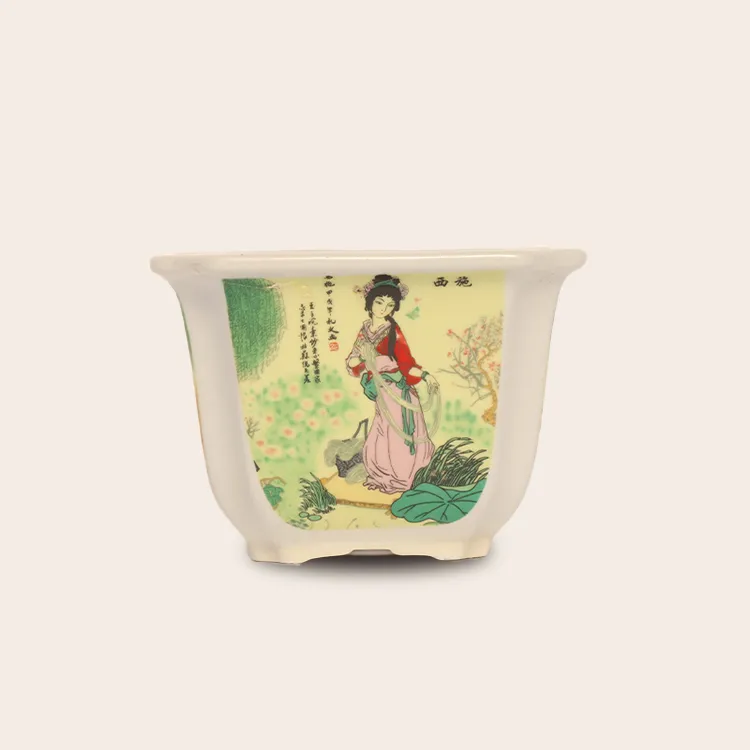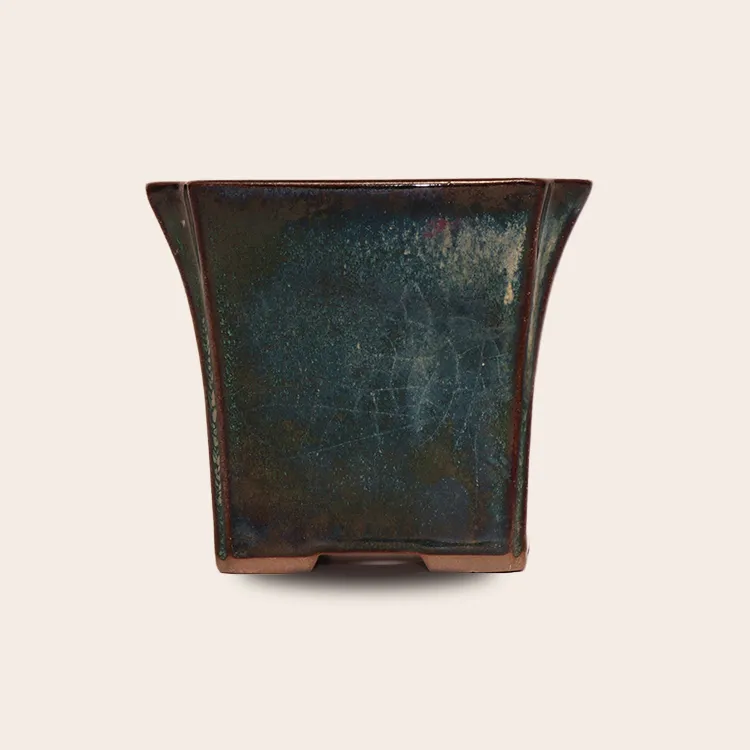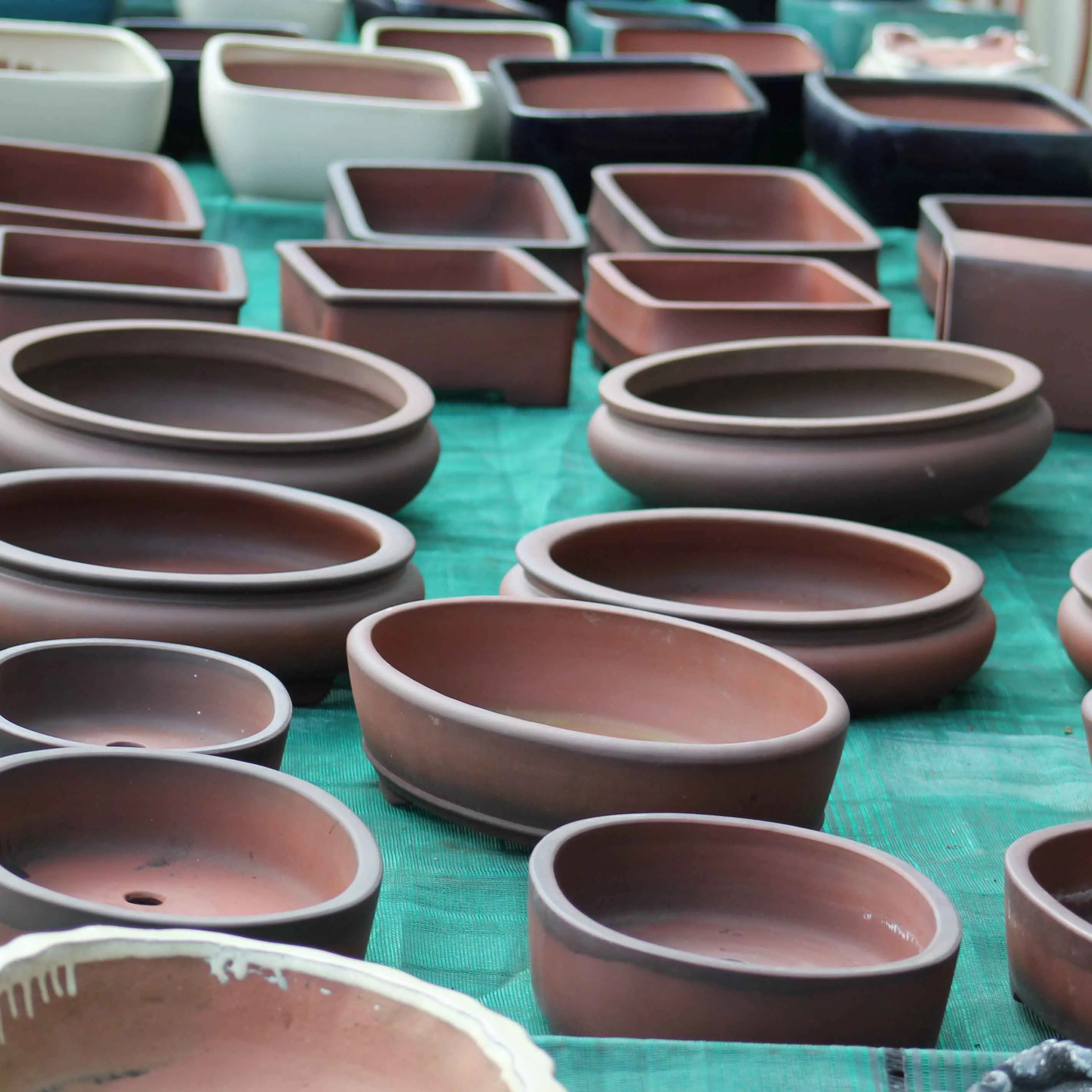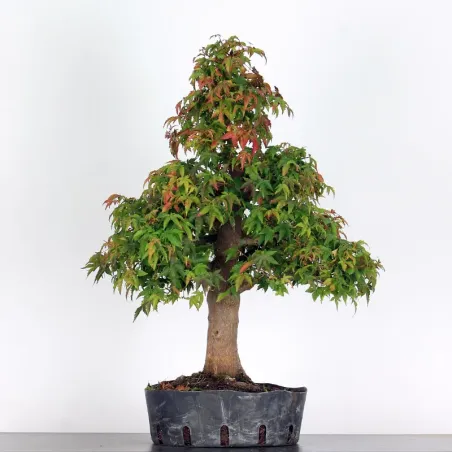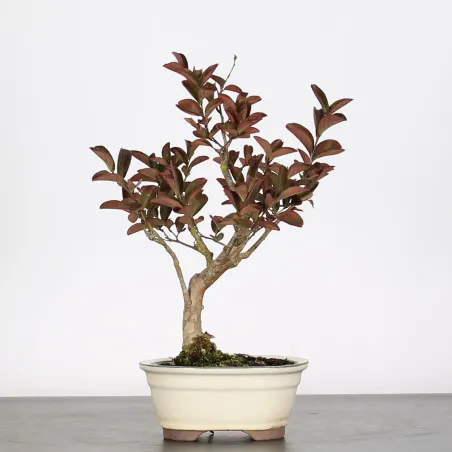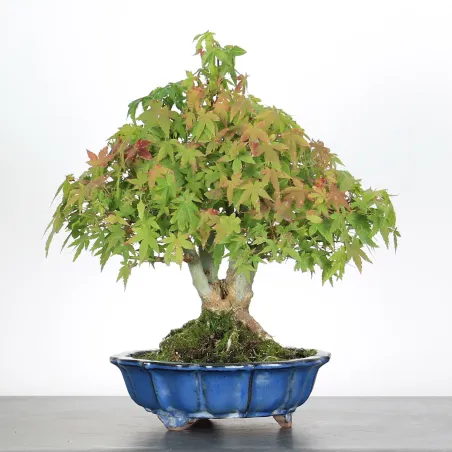 English
en
English
en
Bonsai
Acer palmatum shohin 2-11
The Japanese maple "palmatum" is what is known as a stem variety, it is often used as a rootstock for other varieties. It is the strongest and most vigorous. Its foliage is pinkish-green in spring, and turns red in autumn.
- Year-round outdoor bonsai
- Age: 10+ years old
- Foliage: Deciduous (sheds leaves in winter)
Growing tips:
Location: Outdoors all year round, maple trees enjoy a semi-shaded location, especially during periods of high heat. In spring and fall, it will still need sun during the day to promote its branching and develop beautiful colors. Only in summer, we advise you to give it an eastern exposure, with sun in the morning and shade in the afternoon, it is a tree that does not appreciate the scorching summer sun.
In winter, it needs and will tolerate the cold, especially keep it outside! As a precaution, protect the roots from frost, for example by wrapping the pot with winter fleece or glass wool...
Watering: Maple trees need a substrate that is always moist. Water it regularly while allowing the root ball to dry out slightly between waterings to avoid excess water. In spring/summer, watering will be done regularly, when it's hot, it's every day ! On the other hand, in winter, water according to the supervision of the soil. Thanks to the rain and cold, you won't necessarily need to water regularly since the substrate will remain moist.
Important: Don't hesitate to water the entire root ball up to the roots, the water will drain away through the holes under the pot or bathe the bonsai in water (drenching) for a few minutes, to make sure you water it well. We do not recommend putting a cup/container under the pot as the water will stagnate and can cause root rot. (Too much water = asphyxiation).
Substrate and repotting: Maple likes cool soils with a good amount of organic matter. In the nursery, we use agricultural soil composed of black peat, blond peat, eco-aged, topsoil, horse manure, pozzolana. During the next repotting, which is done about every 2/3 years at the beginning of March, you can mix more draining substrate such as: akadama, pumice, kiryu... Just be careful not to disturb the root bread, don't destroy the whole root ball
Use a substrate that can both drain your soil to remove excess water and retain it in case of drought. However, avoid overly draining soils composed only of pumice or pozzolana, as they do not retain enough moisture.
Many bonsai react noticeably when repotted at the wrong time or too drastically.
Waist: Pruning shoots and twigs can be done all year round. Strong branches should be harvested in autumn to avoid excessive sap loss, or in summer.
> How do you prune a Japanese maple?
Fertilization: In the nursery, we use blue tomato/flower fertilizer NPK 12 12 17. You can use some and put a handful (small or large depending on the size of the pot) on the substrate from May to October, every 2 months alternating chemical/organic.

 Production of French Bonsai
Production of French Bonsai
